Hunter
The foliage moves, and an arrow flies from its shadows, striking an orc in an unprotected chink in its crude armor. It falls, and its brothers turn and charge in the direction of the attack, screaming a war cry. The brush erupts again, but this time an elf covered in leafs springs from its midst, drawing swords and gracefully singing its own battle cry.
A lion nudges the corpse of a elk, searching for savory flesh. A snap and a crack echoes amongst the forest, and the lion roars in anger and pain. As it tries to escape the trap that has bound it, a shadow descends on it with a slash, falling from the branches above. Silence swiftly follows.
A werewolf bursts through the door of a small residency, and the inhabitants jump in fear. The wolf man falls and tumbles forwards, slamming into a table, its objects clanging loudly to the ground. From behind it a menacing figure in a torn cloak steps in through the doorway nimbly. Its bloodstained features illuminated by a longsword it wields brimming with radiant energy. The family stare at the figure now standing within their home towering above the dying lycanthrope with fear in their eyes. For the mans aura of hatred burns brighter than the light of his sword.
Keen Combatants
Observant and keen. These are the qualities of a hunter. Some hunters choose to ambush their prey, while others take pride in challenging them head on, finding confidence they can defeat their foe with other research and preparations they have made before hand. You may come across a hunter fighting along side a fearsome beast, shooting its prey from a far distance, or even grappling its prey before driving a blade into its temple. Regardless of method, all hunt with theirs eyes wide open, and are masters of finding, researching, and then exploiting the weaknesses of their foes.
.
A note on balance.
Some features of this class such as creating traps, are designed to reward creativity. As a result of this, they also heavily hinge on how benevolent your DM is. It is important to check with your DM before playing this class to make sure that he/she understands these features and will attempt to work with you to utilize them when applicable. If the DM expresses that with the campaign they wish to run the trapping feature will sparsely be able to be used, this is better to know now than later.
Art Credits
Link Art: Even Amundsen
Figure 1, 13, 14, and 17: Stepan Alekseev
Figure 2: Ivan Dedov
Figure 3: Rogier van de Beek
Figure 4 and 18: Even Amundsen
Figure 5: Timofey Stepanov
Figure 6: Roberto Gatto
Figure 7 and 8: Bartlomiej Gawel
Figure 9: Anton Tareev
Figure 10: Viktor Titov
Figure 11: Matija Obrovac
Figure 12: Imad Awan
Figure 15: Zhihui Su
Figure 16: Marta Nael
Written By: James Rathwell




The Hunter
| Level | Proficiency Bonus | Features | Weak Spot |
|---|---|---|---|
| 1st | +2 | On the Hunt, Resourceful, Favored Enemy | - |
| 2nd | +2 | Fighting Style, Weak Spot | 2d4 |
| 3rd | +2 | Hunter Archetype | 2d4 |
| 4th | +2 | Ability Score Improvement | 2d4 |
| 5th | +3 | Extra Attack | 2d4 |
| 6th | +3 | Hunters Eye | 3d4 |
| 7th | +3 | Hunter Archetype Feature | 3d4 |
| 8th | +3 | Ability Score Improvement | 3d4 |
| 9th | +4 | Traps | 3d4 |
| 10th | +4 | Hunters Eye Improvement | 3d4 |
| 11th | +4 | Hunter Archetype Feature | 4d4 |
| 12th | +4 | Ability Score Improvement | 4d4 |
| 13th | +5 | Assess and Adapt | 4d4 |
| 14th | +5 | Favored Enemy Improvement | 4d4 |
| 15th | +5 | Hunter Archetype Feature | 4d4 |
| 16th | +5 | Ability Score Improvement | 5d4 |
| 17th | +6 | Afar and Nigh | 5d4 |
| 18th | +6 | Relentless Hunter | 5d4 |
| 19th | +6 | Ability Score Improvement | 5d4 |
| 20th | +6 | Big Game Hunter | 5d4 |
Class Features
As a hunter, you gain the following class features.
Hit Points
- Hit Dice: 1d10 per Hunter level
- Hit Points at 1st Level: 10 + your Constitution modifier
- Hit Points at Higher Levels: 1d10 (or 6) + your Constitution modifier per hunter level after 1st
Proficiencies
- Armor: Light armor, medium armor, shields
- Weapons: Simple weapons, martial weapons
- Tools: None
- Saving Throws: Strength, Dexterity
- Skills: Choose three from Animal Handling, Athletics, Insight, Investigation, Nature, Perception, Stealth, and Survival
.
Equipment
You start with the following equipment, in addition to the equipment granted by your background:
- (a) a scale mail (b) leather armor
- (a) two shortswords or (b) two simple melee weapons
- (a) a dungeoneer’s pack or (b) an explorer’s pack
- A longbow and a quiver of 20 arrows

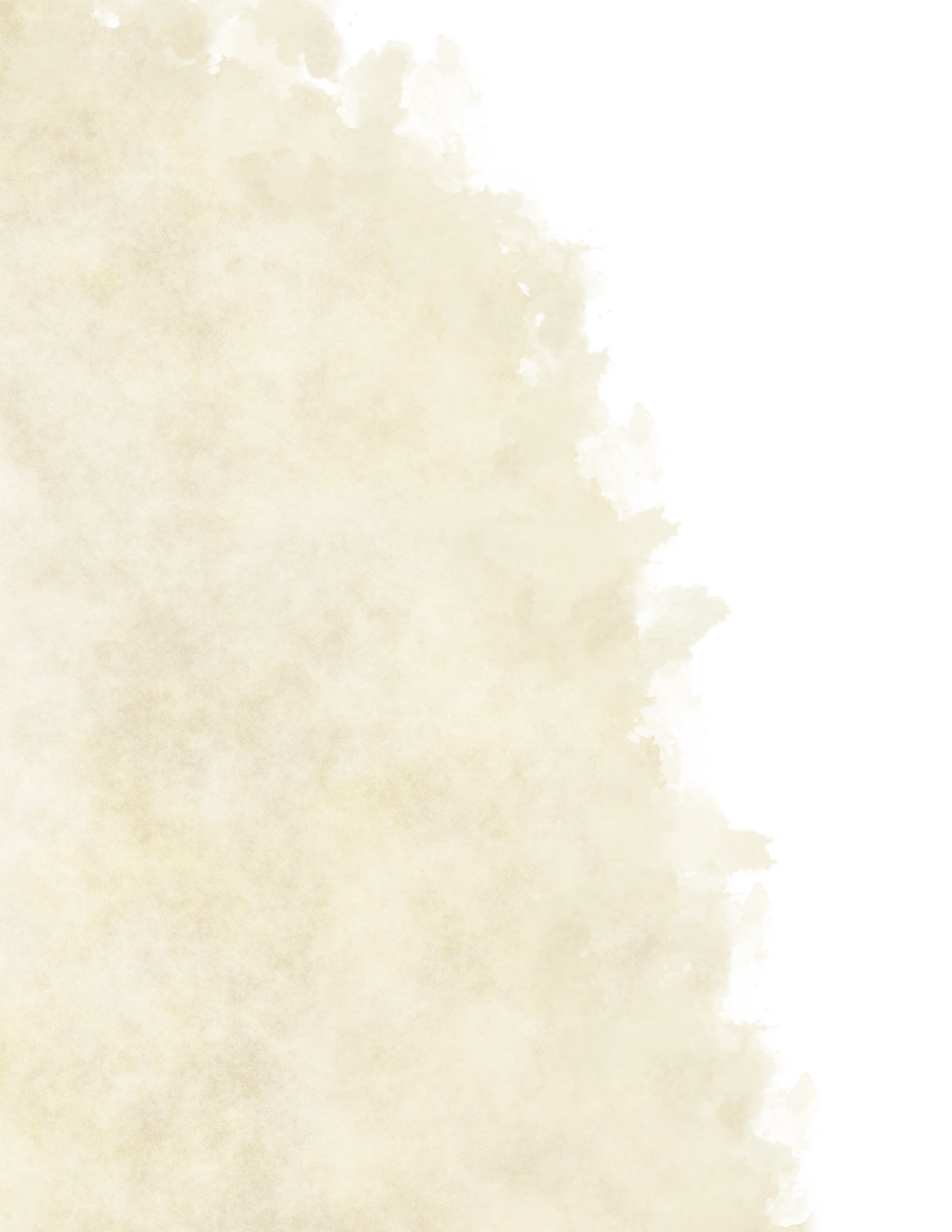



On the Hunt
Starting at 1st level, when you see a creature, or find its tracks, markings, and other clues of its presence, you can choose to mark the creature as your prey. Doing so allows you to expend a bonus action or action to make a Wisdom (survival, medicine, or nature) check to discern more information about your chosen prey.
The DC = 10 + the creatures CR (or the creatures level), subtracted by the levels you have in this class.
If you cannot see the creature you have disadvantage on this check. Tell the DM how this DC is generated, then roll. The DM instructs you which result you got on the following table according to your rolls result. If you have done additional research on this type of creature, the DC can be lowered as seen fit by your DM.
| Result | Effect |
|---|---|
| Natural 1. | You discern false information. You may believe it is a different creature which the GM tells you the weaknesses of as if you rolled a result equal to the DC. |
| Below the DC. | No benefit. |
| Equal to or above the DC. | You learn its damage immunities, and damage resistances. You learn the name of the targets attack options. |
| 5 or more above the DC. | You gain all of the lower effects (except for the Natural 1 effect). You learn the name of this type of creature along with its damage vulnerabilities and saving throw proficiencies. You learn the level of spells they have access to. |
| 10 or more above the DC. | You gain all of the lower effects (except for the Natural 1 effect). You critically hit this prey on a result of a 19-20 on a d20. |
| Natural 20. | You gain all of the lower effects (except for the Natural 1 effect). You can add your Wisdom modifier to your attack rolls against this prey. |
You can only use this feature against the same prey once every long rest. You can have multiple different prey at the same time. Once you take a long rest, any benefits you gain against your prey are lost and you must use this feature against the creature again to gain any of its benefits. If you have had a result equal to or greater than the DC against a creature in the past, whenever you get a On the Hunt check result lower than the DC against creatures of the same type and same CR (if it is a humanoid then also of the same faction), you can treat the result as if it was equal to the DC instead.
Resourceful
As a hunter at 1st level, you are adept at scavenging for useful materials, and crafting useful implements and rations from them. Whenever you forage for food or water, the rations you gain as a result are doubled.
In addition, at 5th level in this class you can spend 1 hour to forage for potion and oil supplies to give you the edge within upcoming hunts. Doing so allows you to roll upon the common potions and oils table on pg 6. You gain the result.
At 10th level in this class you can roll upon the uncommon potions and oils table on pg 6 and gain the result.
You can only have an amount of potions and oils created through this feature at a given time equal to your Wisdom modifier (minimum of 1).
Favored Enemy
At 1st level, choose a type of favored enemy: aberrations, beasts, celestials, constructs, dragons, elementals, fey, fiends, giants, monstrosities, oozes, plants, or undead. Alternatively, you can select two races of humanoid (such as gnolls and orcs) as favored enemies. You can double your proficiency bonus on any survival, history, medicine, or nature check made against them including ones made for the purposes of your On the Hunt feature. You also learn one language associated with this enemy.
You can choose one additional favored enemy at 6th and 14th level in this class, learning more languages accordingly.
Weak Spot
At 2nd level, attacks against creatures you have marked as your prey gain the following benefits:
- You can steady yourself in combat to target your preys weaknesses with careful aim. When making a weapon attack, if you have not expended any of your movement on your turn, you can choose to not expend any of your movement for the remainder of your turn. This allows you to add your Weak Spot damage (as displayed on the Hunter class table) to this weapon attack and all other weapon attacks you make against your prey for the rest of this round.
- Not only can you asses your prey for vulnerable anatomical points, but you and your allies can disarm and mutilate your prey if enough damage is dealt to these vulnerabilities. Once per round, if you or one of your allies within 60ft of you deal an amount of damage to one of your prey equal to or greater than the preys Constitutions score + double its CR (to a maximum of half of the preys maximum hit points rounded down), the ally who struck it can disable one of its attack options until the end of the targets next turn, as they tear or mutilate the body part needed to use it. For example if it has a sword and a bite attack, you could choose to disable its bite attack option until the end of the targets next turn.
Also, whenever you deal Weak Spot damage as the result of using a bonus action or reaction you must half the amount of Weak Spot damage dice you roll (rounded down, to a minimum of 1).

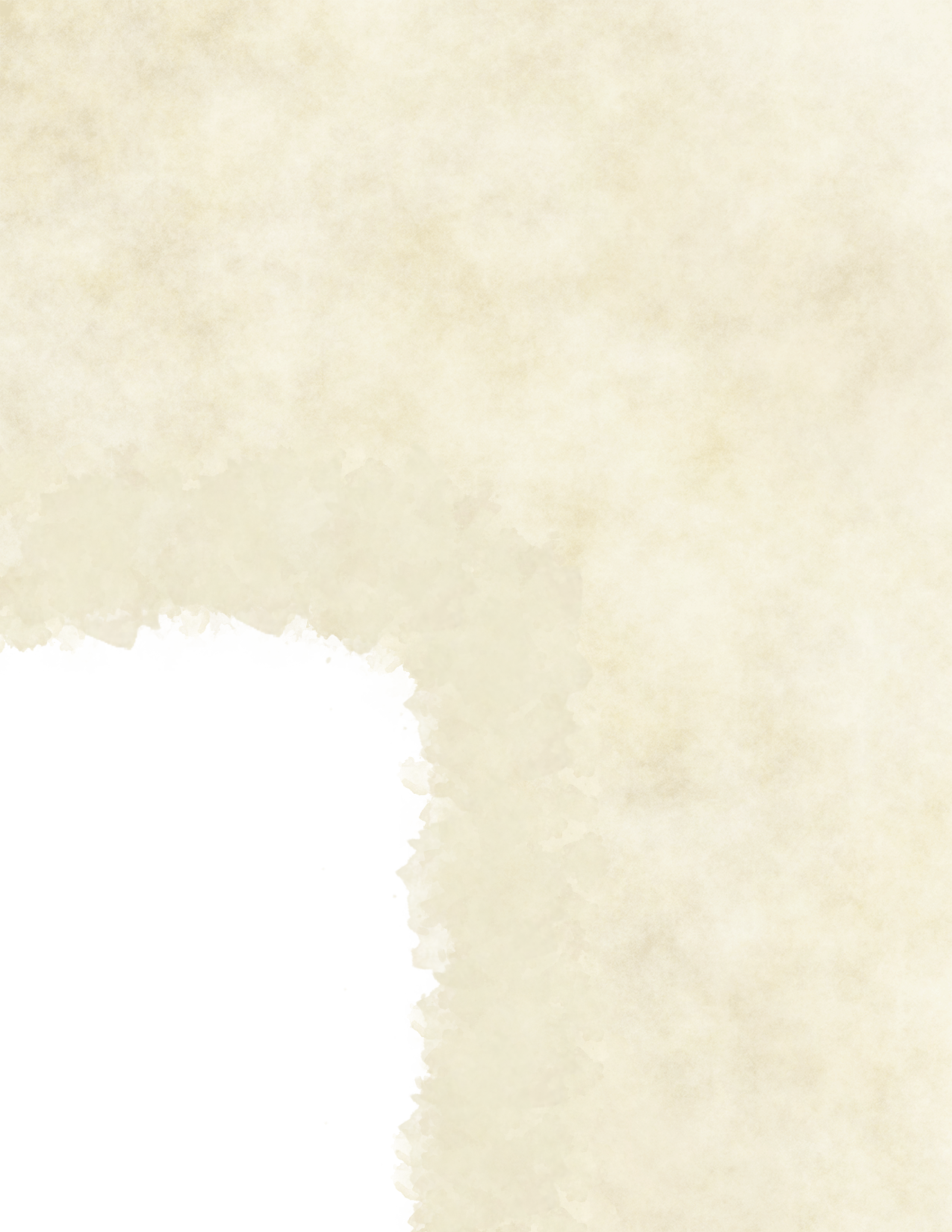

Fighting Style
At 2nd level, you adopt a particular style of fighting as your specialty. Choose one of the following options. You can’t take a Fighting Style option more than once, even if you later get to choose again.
Archery
You gain a +2 bonus to attack rolls you make with ranged weapons.
Defense
While you are wearing armor, you gain a +1 bonus to AC.
Dueling
When you are wielding a melee weapon in one hand and no other weapons, you gain a +2 bonus to damage rolls with that weapon.
Two-Weapon Fighting
When you engage in two-weapon fighting, you can add your ability modifier to the damage of the second attack.
Hunter Archetype
At 3rd level, you choose an archetype that you aim to emulate: the Trapper that is detailed at the end of the class description or one from another source. Your choice grants you features at 3rd level and again at 7th, 11th, and 15th level.
Ability Score Improvement
When you reach 4th level, and again at 8th, 12th, 16th, and 19th level, you can increase one ability score of your choice by 2, or you can increase two ability scores of your choice by 1. As normal, you can’t increase an ability score above 20 using this feature. Using the optional feats rule, you can forgo taking this feature to take a feat of your choice instead.
Extra Attack
Beginning at 5th level, you can attack twice, instead of once, whenever you take the Attack action on your turn.
Hunters Eye
At 6th level, your visual and physical reaction time increases. You gain the following benefits:
- You can add your Wisdom modifier to your initiative rolls.
- Whenever an enemy misses you with an attack, or you succeed a Wisdom or Dexterity based saving throw, you can move 10ft without expending any of your movement. Enemies have disadvantage on opportunity attacks against you while you are moving in this way. You can do this a maximum of three times each round.
- You can use an object interaction or make a perception check (that would normally require an action) as a bonus action, as your ability to navigate and interact with your environment swiftly improves.
Traps
At 9th level, physical traps are added to your hunting arsenal.
To create a trap, consult pgs 113 to 117 of Xanthars Guide to Everything. You must have an amount of levels in this class within the traps level range to be able to craft it.
The traps save DC = 8 + your proficiency bonus + your Wisdom modifier.
The traps attack bonus = your proficiency bonus + your Wisdom modifier.
The DM decides how much time it takes to make your trap and what resources you will need to craft it. Once the appropriate time has past, make a survival check with the DC set by your DM dependent upon how complex your trap is, how well you wish to hide it, and its level range. If you fail, the traps effectiveness is halved and is more easily spotted. If you fail the check by 5 or more, the trap will not function.
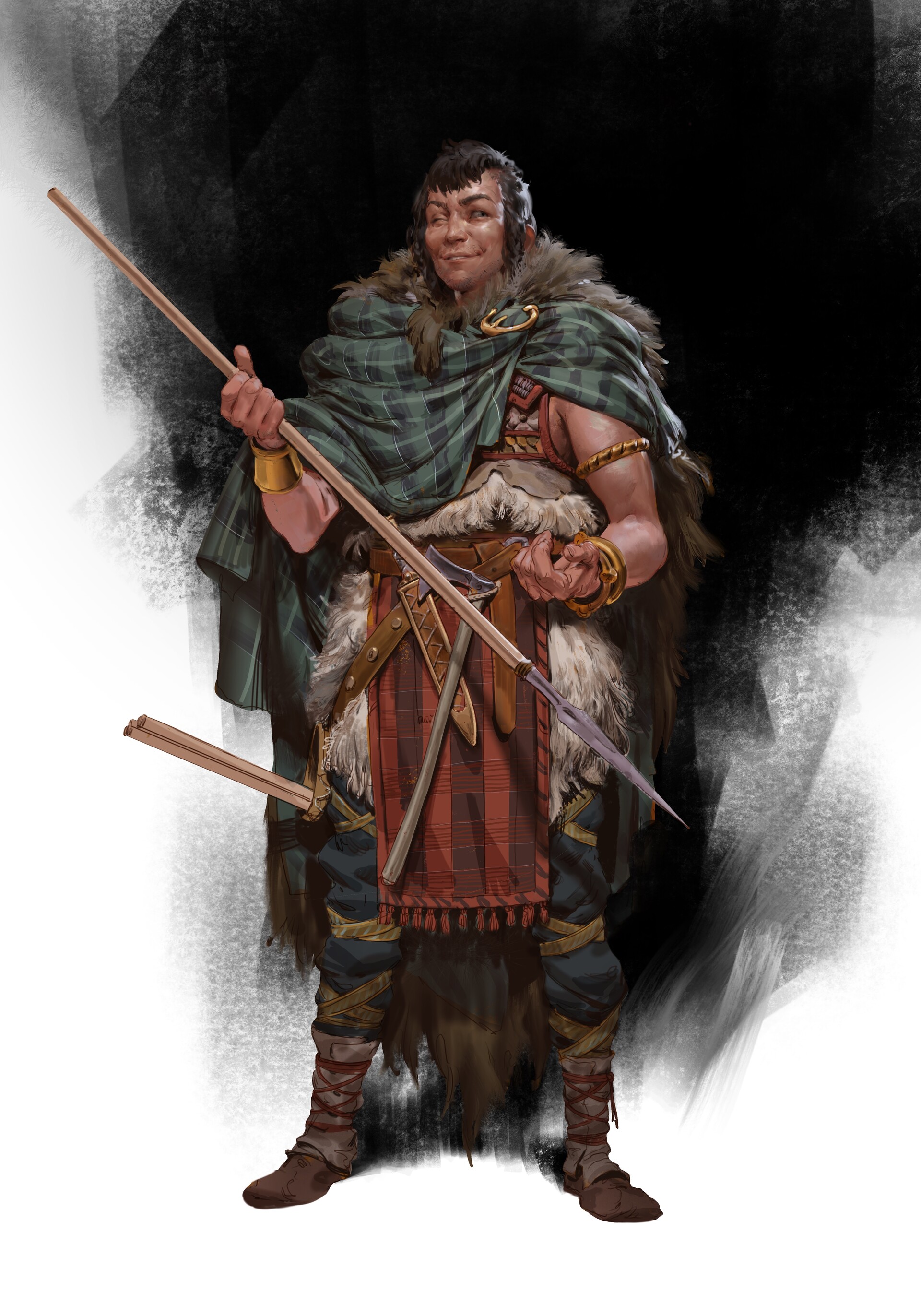


For example, a player could wish to craft a bear trap. The DM decides that the player will need some scrap iron, and that it will take 20 minutes to craft. The DM decides that to create the bear trap the DC for the survival check to craft it will be 10, and that if the player succeeds, the trap will deal 1d10 piercing damage. The DM also decides that a creature hit by the trap will have its speed reduced to 0 and cant move until it succeeds a Strength check against the players trap DC to free itself. This trap, like all traps will only effect creatures within reason. For example it will not reduce the speed of a giant creature to 0.
Hunters Eye Improvement
At 10th level, due to your keen perceptive and alert nature, once per turn when an enemy attempts to hit you with an attack and you are not wearing heavy armor, you can expend your reaction to add your Wisdom modifier to your AC until the beginning of your next turn. You must declare this after they have declared to attack you, but before they have declared their result to hit you. While you have this bonus to your AC, if an enemy hits you, you lose this bonus to your AC.
Also, you can add your Wisdom modifier to any Dexterity based saving throw you make.
Assess and Adapt
Beginning at 13th level, your ability to assess and adapt accordingly improves. Whenever you use an action or bonus action to make a Dexterity or Wisdom based check, you can move 10ft without expending any of your movement. Attacks of opportunity made against you while you move in this way suffer disadvantage.
Additionally, moving through creatures and rough terrain no longer slows your movement, and you can move while stealthed, climbing, and swimming, normally without your movement being slowed.
Afar and Nigh
At 17th level, you do not suffer disadvantage on ranged attack rolls against prey within 5ft of you, and you can make opportunity attacks with ranged weapons against your prey so long as it is within 10ft of you.
In addition if you make an opportunity attack against your prey with a melee weapon and hit, you can immediately make another melee weapon attack. This attack suffers disadvantage if it is made with a great weapon or pole arm.
Finally, you can add your Wisdom modifier to the damage rolls of your opportunity attacks.
Relentless Hunter
At 18th level, whenever you deal your Weak Spot damage you can move 10ft without expending any of your movement. Attacks of opportunity made against you while you move in this way suffer disadvantage.
Also, once per turn if you move 30ft or more without expending any of your movement, you can make one additional weapon attack on your next turn when taking the attack action.
Big Game Hunter
Finally when you reach 20th level in this class, your ability to assess the weaknesses in your enemies becomes legendary. Whenever you critically hit one of your prey, they must succeed a Constitution saving throw (DC = 8 + your proficiency bonus + your Wisdom modifier). On a failure, you can choose to remove one of the creatures attack options, this includes legendary attack options. If you choose an attack option that has the recharge trait, instead of removing the attack option, the next time the creature uses the attack option it also suffers the attacks effects. If the creature has only one attack option, it instead suffers disadvantage on all attacks made with that attack option.

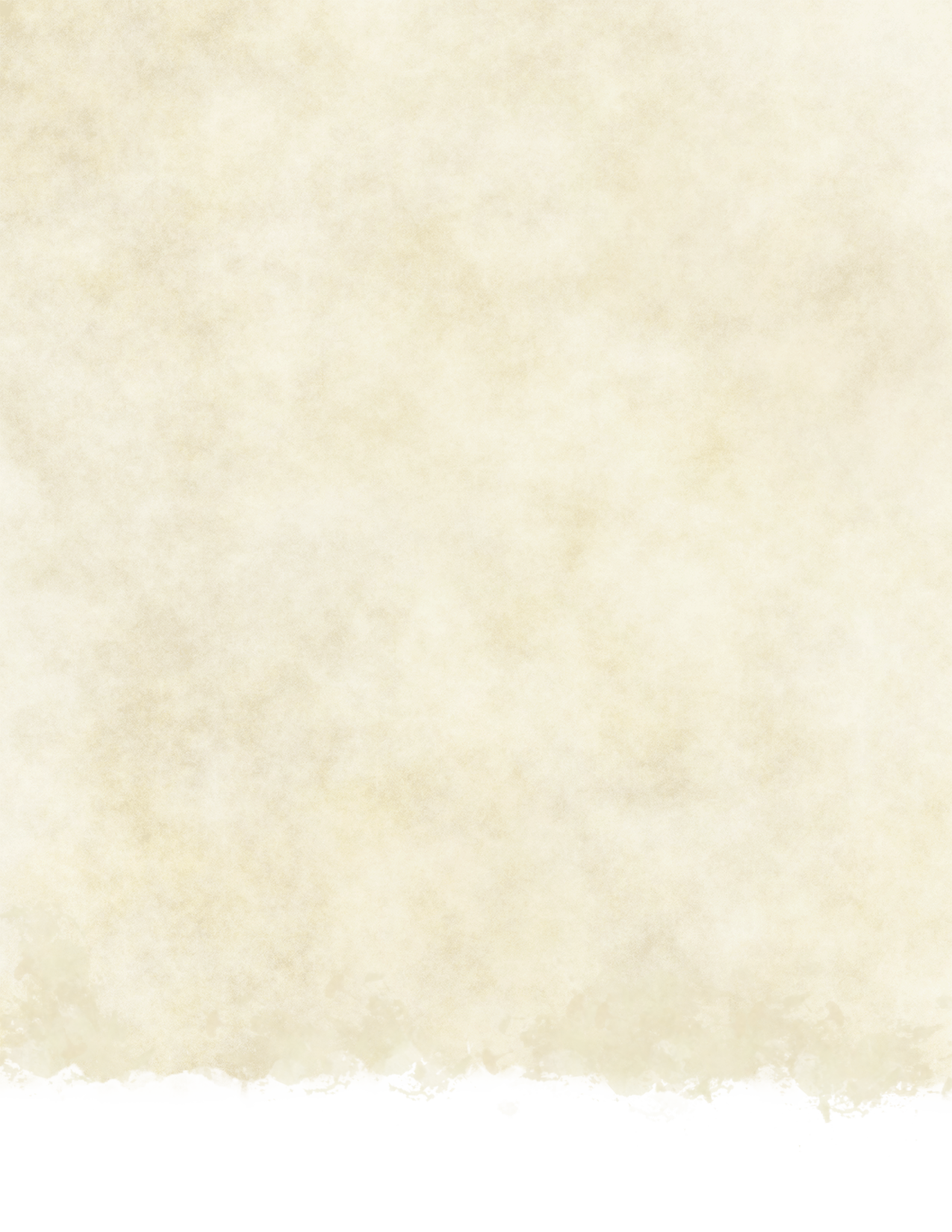

Hunter Tables
Common Potions and Oils
| d6 | Result |
|---|---|
| 1 | Potion of Climbing |
| 2 | Potion of Courage |
| 3 | Potion of Watchful Rest |
| 4 | Potion of Mediocrity |
| 5 | Potion of Gliding |
| 6 | Potion of Healing |
Uncommon Potions and Oils
| d8 | Result |
|---|---|
| 1 | Potion of Animal Friendship |
| 2 | Potion of of Fire Breath |
| 3 | Potion of Water Breathing |
| 4 | Potion of Growth |
| 5 | Potion of Resistance (choose acid, poison, or necrotic) |
| 6 | Potion of Poison |
| 7 | Potion of Resistance (choose fire, cold, or thunder) |
| 8 | Potion of Greater Healing |
New Potions
Potion of Courage
Potion, common
This concoction looks, smells, and tastes of strong alcohol.
After drinking this potion you gain advantage on saving throws against being frightened but suffer disadvantage on saving throws against being charmed. You also gain a +2 to any Charisma based check, but suffer disadvantage on Dexterity, Wisdom, and Intelligence based checks. You gain these effects for 1 hour.
Upon further inspection you discover that this concoction is strong alcohol.
Potion of Gliding
Potion, common
This potion is filled with a clear liquid. It is as light as a feather.
After drinking this potion you gain the effects of the spell feather fall for 1 hour. Additionally, while falling, you can choose to move 10ft laterally for every 30ft you fall vertically.
Potion of Mediocrity
Potion, common
This potion looks impeccably plain and boring.
After drinking this potion you must set one of your ability scores to 10 for 1 hour (which one you choose is your choice, however you cannot select one that is already at 10).



Subclasses
A-Z
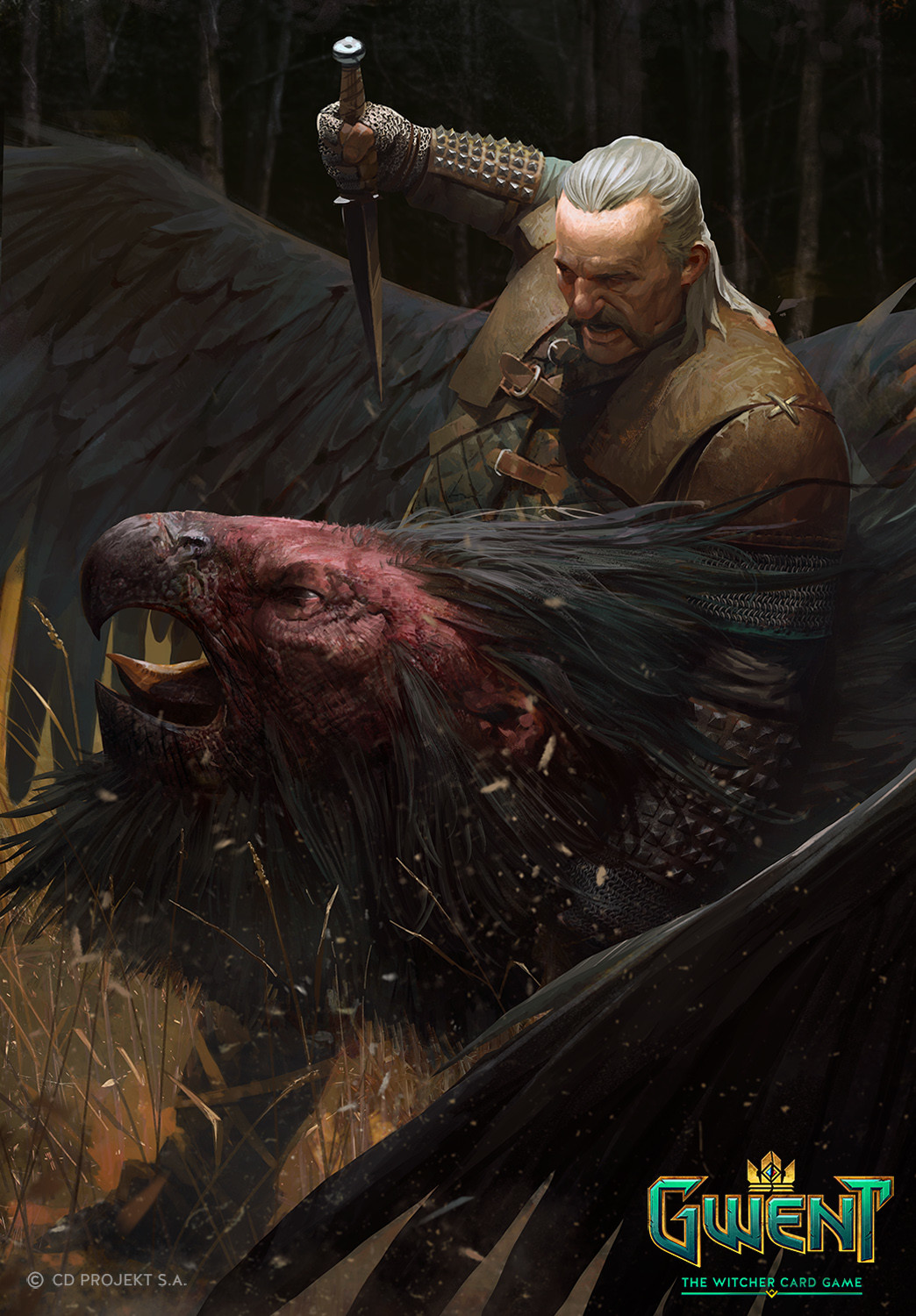
Anatomist
Anatomists distinguish themselves from other hunters with their superior medical knowledge. Physicians, beastiary authors, and witch doctors, anatomists set about their work actively, seeking rare beasts and cadavers to study that they themselves must often catch or slay. Their medical prowess allows them to mend and deal wounds with surgical precision, skills that are indispensable when on the perilous pursuit of esoteric medical knowledge.
Mend and Rend
Beginning at 3rd level, you can utilize your medical knowledge to heal and harm friends and foe.
- You can perform medicine checks that would normally require an action as a bonus action.
- You gain advantage on medicine checks to stabilize creatures.
- When using healing kit, you can roll your Weak Spot dice and heal the target an amount equal to the result.
- Whenever you deal your Weak Spot damage to a creature, you can sacrifice 2 Weak Spot dice. These dice are not added to the damage, and you can instead inflict the target with the bleeding condition.
- When you or an ally within 30ft of you makes a weapon attack against a bleeding target, you can expend your reaction to grant them advantage on the attack roll (before the rolls result is declared).
- If you spend at least 1 hour analyzing a cadaver, you gain advantage on all future On the Hunt checks against creatures of the same type and CR.
Bloodletter
At 7th level, your anatomical knowledge grows, and with it your speed and efficiency when harming and healing.
- You can replace any weapon attack you make with utilizing a healing kit instead.
- Whenever you deal your Weak Spot damage to a creature that is bleeding, you can sacrifice 2 Weak Spot dice. These dice are not added to the damage, and you can instead inflict the target with the hemorrhaging condition.
- Whenever you inflicted the hemorrhaging condition on a creature you can choose one ability. The creature has disadvantage on all ability checks made with the ability until the condition is removed.
New Conditions:
A creature must have blood to gain these conditions.
Bleeding
- A bleeding creature takes 1d4 damage at the beginning of each of its turns.
- The creature or an ally within 5ft of them can end the condition by completing a DC 10 medicine check as an action.
Hemorrhaging
- A hemorrhaging creature is bleeding (see the condition).
- At the beginning of each of the creatures turns the amount of bleeding damage it takes increases by 1d4.
- Anything that ends the bleeding condition also ends the hemorrhaging condition.
Beyond Flesh
Starting at 11th level, you have broadened your field of anatomical knowledge beyond that of organic creatures, and into the metaphysical, arcane, and ephemeral realms. You have found many similarities and differences between these entities, and this knowledge allows you perform things most cannot. You can inflict the bleeding and hemorrhaging conditions on any creature, regardless if they do or do not have blood.
Anatomical Prodigy
Finally, at 15th level, you and allies within 30ft of you deal 1d4 additional damage on successful attacks against hemorrhaging creatures, as the lacerations you deal are surgically designed to fester and worsen when struck.
Furthermore, whenever you successfully use a healing kit on a creature, they regain 2d4 hit points at the beginning of each of their turns for 1 minute. This effect ends as soon as they receive damage from an enemy, and cannot bring them above half their maximum hit points.
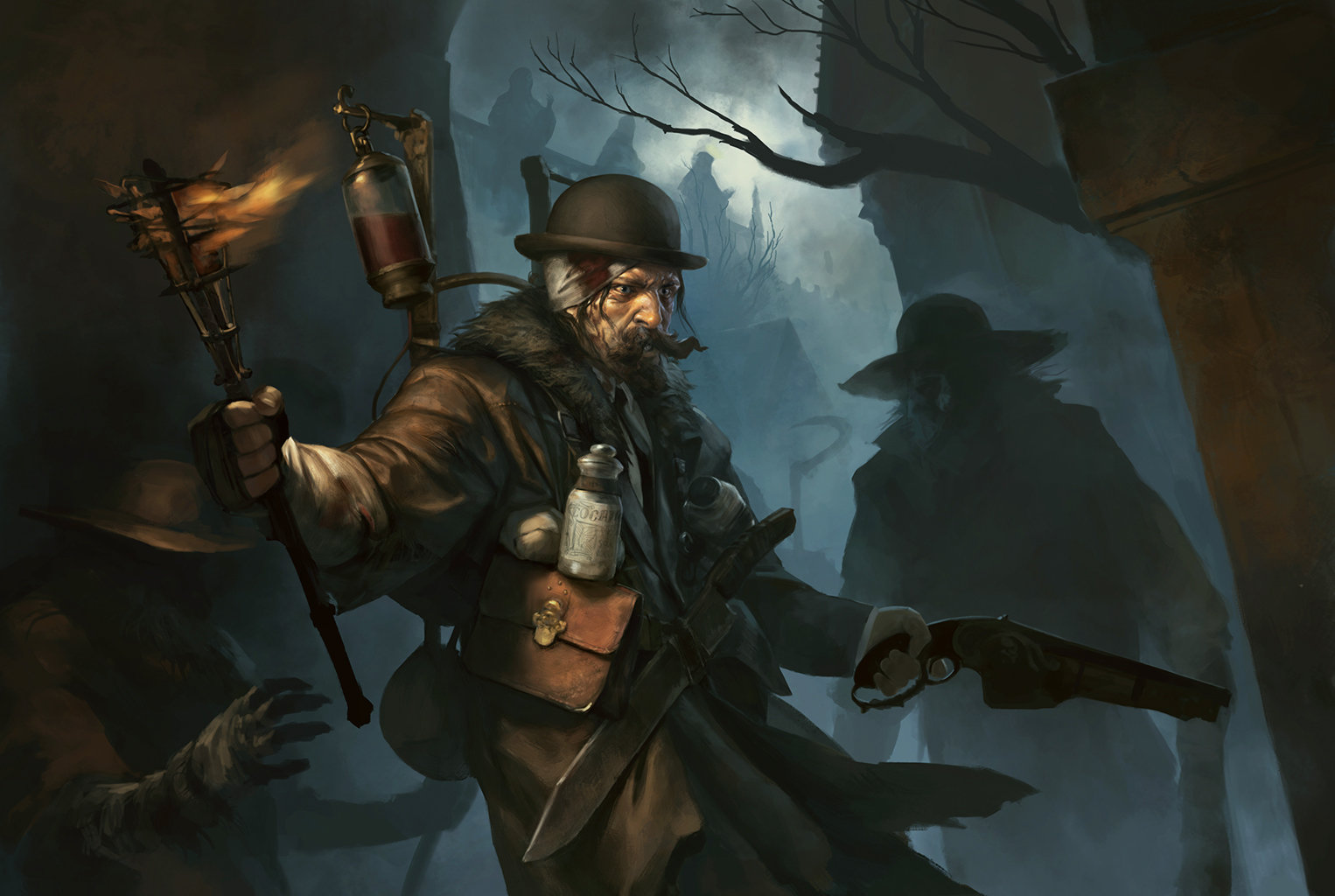



Beast Master
Beast masters attack their prey alongside tamed animals, striking simultaneously and deftly with their pets and companions. Beast masters train and improve their companions as much as they hone their own skills, utilizing teamwork to slay their prey.
Hunters Companion
Beginning at 3rd level, you gain a companion that accompanies you and fights alongside you it battle. Choose a beast no larger than Medium and that has a challenge rating of 1/4 or lower (appendix D of the players handbook presents statistics for the hawk, mastiff, and panther as examples). Add your proficiency bonus to the beasts AC, attack rolls, and damage rolls, as well as to any saving throws and skills it is proficient in. Its hit point maximum equals the hit point number in its stat block or 5x your ranger level, whichever is higher. Like any creature, it can spend Hit Dice during a short rest to regain hit points.
The companion obeys your commands as best as it can. It takes its turn on your initiative, though it doesn't take an action unless you command it to. On your turn, you can verbally command the beast where to move, and can command it to take the Dash, Disengage, Dodge, or Help action (no action required by you). If you use your action to do this, you can command it to attack a target. It will continue to attack the target without requiring your action on following turns until the target dies or falls unconscious. If you do not issue a command to your companion the DM decides what it does. Once you gain the Extra Attack feature, when taking the attack action you can instead give up one attack to command your companion to take the attack action.
If you are incapacitated or absent, your companion acts on its own, focusing on protecting you and itself. The Companion never requires your command to use its reaction, such as when making an opportunity attack.
If the your companion dies, you can obtain a new companion by spending 1 hour magically bonding with a beast that isn't hostile to you and that meets the requirements.
Exceptional Training
At 7th level, your companions exceptional training grants it the following benefits:
- Your companion gains your 6th level Hunters Eye feature.
- Your companion can use its multi attack feature if it has it.
- Your companion can nimbly dodge out of the way of certain area Effects, such as a red dragon's fiery breath or an Ice Storm spell. Whenever it is subjected to an effect that allows it to make a Dexterity saving throw to take only half damage, it instead take no damage if it succeeds on the saving throw, and only half damage if it fails.
- You can now choose a companion with a size of Large. If your beast is size Medium, you can change it to size Large, as it matures and evolves. It evolves in this way on the completion of a long rest.
- Whenever your companion hits your prey with advantage, it can add your Weak Spot damage to the attack.
- The beasts attacks count as magical for the purposes of overcoming resistances and immunities no non magical attacks and damage.
Beastial Fury
Starting at 11th level, when you command your companion to take the Attack action, the beast can make two attacks. If it has the multi attack feature you can choose which attack option it uses.
In addition, whenever you add your Wisdom modifier to your AC, it is added to your beasts AC for the same duration.
One With the Wild
Finally, at 15th level, you gain one trait your companion has.
- If it can fly, you can gain a flying speed of 20ft.
- If it has four legs, you can increase your movement speed by 20ft and gain advantage on initiative checks.
- If it is large, you can change your size to large, gaining advantage on Strength based checks and saving throws, and increasing your maximum hit points by an amount equal to your level, increasing again by 1 every time you gain a level in this class.
You can only choose to gain one of these benefits, and must undergo a long rest to complete this transformation.
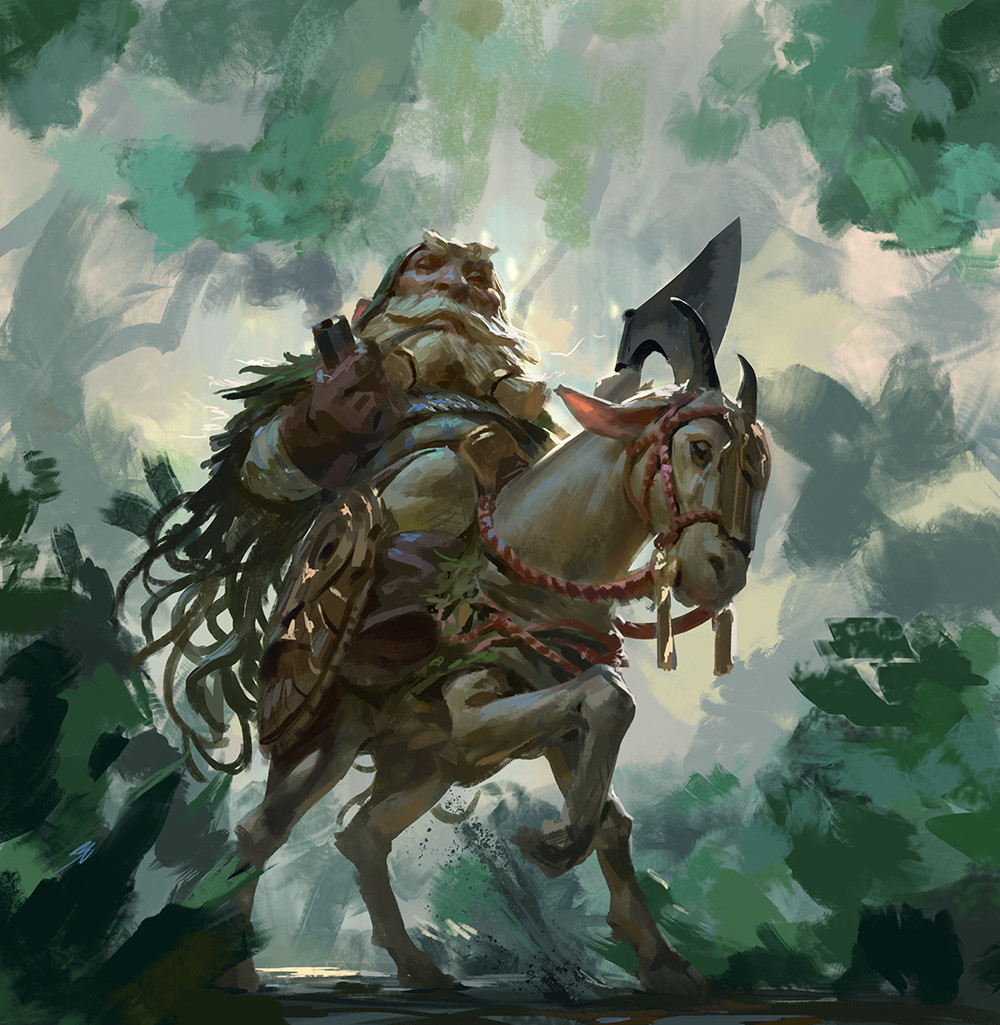


Blood Hunter
Blood Hunters are mysterious and frightening. They study occult arts and rituals in order to eliminate their prey, causing many hunters to distrust them. They guard their secret hunting methods closely, but will take steep sacrifices when necessary to slaughter their prey. This is no better exemplified than by the dangerous ritual all blood hunters undergo to transmute and mutate themselves. Once completed this allows them to harness their own life force as a weapon in combat but also leaves them with scars and blemishes, some looking almost untouched, while others gain an entirely new eye color or disfigured complexion.
Anything for the Hunt
Beginning at 3rd level, the ritual you have undergone has granted you superior senses, speed, and lethality. You gain darkvision within a radius of 60ft, and if you already had darkvision from your race its radius is increased 30ft.
Furthermore, instead of sacrificing your movement to deal your Weak Spot damage, you can instead deal half your Weak Spot damage dice to your own hit points (rounded down, to a minimum of 1). Unless otherwise specified, whenever dealing Weak Spot damage to yourself, it is dealt as force damage.
Alternatively, you can choose to not half the damage dealt to yourself, and as a result are able to also choose a different damage type for your Weak Spot damage for 1 minute, as you use your flesh as a wet stone, harnessing blood as fuel. You can choose between fire, cold, necrotic and lightning damage. When you reach 10th level in this class you can extend this to acid, poison, radiant, psychic, and thunder damage.
Occult Manipulations
At 7th level, your ability to manipulate the power within your blood increases. You can deal half your Weak Spot damage dice to yourself (rounded down, to a minimum of 1) to perform one of the following Occult Manipulations.
- When you remove a creatures attack option, they must make Wisdom saving throw (DC = 8 + your proficiency bonus + your Wisdom modifier) or become frightened of you until the end of your next turn.
- Once per turn you can re roll a missed attack roll. You suffer disadvantage on this roll while above half your maximum hit points.
- When you deal your Weak Spot damage with a bonus action or reaction, you do not need to half the Weak Spot damage dice for this attack or any other attack, until the beginning of your next turn.
- When you critically hit a creature and deal your Weak Spot damage to it, you can deal your Weak Spot damage to all other enemies within 10ft of the original target.
- When you must make a saving throw against a spell, you can expend your reaction to add your Wisdom modifier to this save and any other spell saves you make until the beginning of your next turn. If this causes you to succeed the initial saving throw, you are refunded the reaction.
- Once per turn when one of your prey within 30ft of you makes a weapon attack, you can use your reaction to impose disadvantage on the attack. You must do this before the attack rolls result is declared. If this causes the attack to miss, you can deal your Weak Spot damage to it (as force damage, or the damage type you chose as part of Anything for the Hunt) and regain the expended reaction.
Hunt With Hate
At 11th level, your resolve thickens to an unnatural and frightening degree. You can no longer become frightened, and gain advantage on attacks against frightened targets. You also gain advantage on saving throws against magical Charm effects, and whenever a creature fails to frighten, intimidate, or charm you, you can expend your reaction to force a number of creatures within 30ft of you equal to you Wisdom modifier to make a Wisdom saving throw (DC = 8 + your proficiency bonus + your Wisdom modifier) or they become frightened of you until the end of your next turn.
Lastly, you learn to manipulate your preys blood to mend your own wounds. If you reduce one of your prey to 0 hit points, or you remove one of your preys attack options, you are healed an amount equal to your Wisdom modifier.
Sanguin Mastery
At 15th level whenever you roll a 4 on a Weak Spot damage dice, you can deal 1d4 force damage to yourself to deal 1 additional Weak Spot damage dice to the same target.
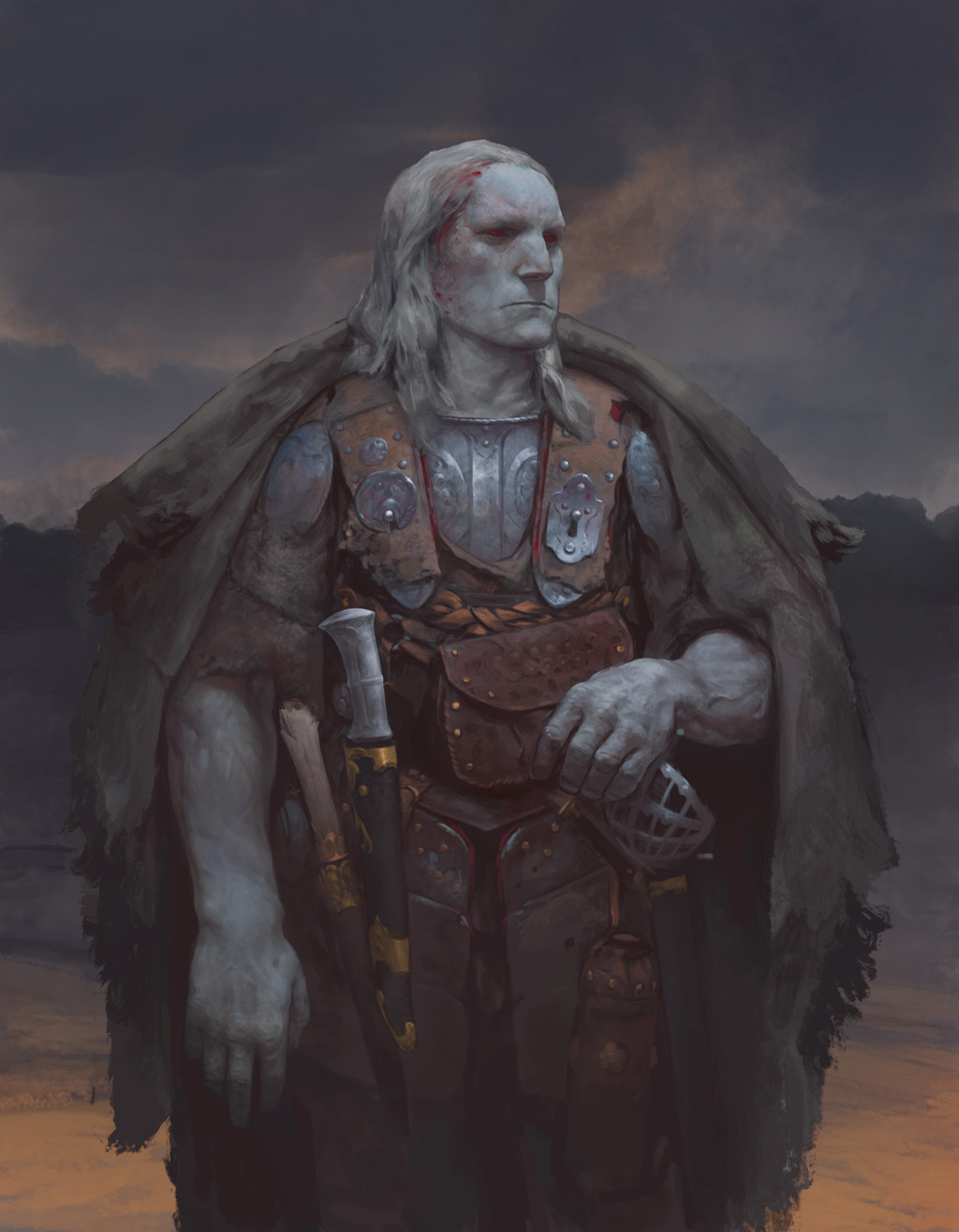


Daredevil
Daredevils are seen as fools and farces by many hunters. This is due to their style of waging battle, as unlike other hunters they take pride in fighting with a flourish. For a daredevil a good hunt is one worthy of story, and while other hunters may despise them and their unnecessary and dull minded tactics, the common folk and storytellers flock to them to see and listen to their new tricks and tales.
Adrenaline
At 3rd level, the thrill of battle fuels your maneuvers.
Adrenaline Points You can gain adrenaline points during battle and can then expend them to perform Tricks. A tricks adrenaline point cost is found in brackets before its name.
Doing the following grants you 1 adrenaline point:
- Rolling a natural 20 on a check, saving throw, or attack.
- Succeeding a check or saving throw with disadvantage.
- Hitting an enemy with disadvantage.
- When an enemy misses you with an attack while you are not wearing heavy armor.
At the beginning of your turn, if you did not gain any adrenaline points on your previous turn, you lose all of your adrenaline points.
Saving Throws. Some of your tricks require your target to make a saving throw to resist the trick's effects. The saving throw DC is calculated as follows:
Trick save DC = 8 + your proficiency bonus + your Wisdom modifier.
Tricks
You can attempt the following tricks at 3rd level.
(0) Flourish. When making a weapon attack, you can suffer disadvantage on the attack (if you had advantage then these cancel each other out). You can add your Wisdom modifier to the damage of this attack.
(1) Trick Attack. Once per turn when rolling damage with a weapon attack, any time a Weak Spot damage dice rolls a result of 4 you gain 1 adrenaline point.
(1) Relent. When you are rolling a weapon attack with disadvantage, you can re roll the lower dice once. You can only use this trick once per attack.
(1) Feint. As a bonus action, force a creature you can see within 10ft of you to make a Wisdom save. On a failure you gain advantage on your next attack against them this turn.
(1) Duck and Weave. As a bonus action, grant yourself +1 AC, and whenever you move 10ft without expending your movement, you instead move 15ft. You gain these effects until the beginning of your next turn.
(2) Flow. Expending your movement does not stop you from dealing your Weak Spot damage this turn.
(2) Ricochet. When making a ranged weapon attack, you can target a creature not visible to you. They gain the benefits of 3/4 cover, and you suffer disadvantage on the attack roll, as you ricochet the attack off an object at them.
(2) Ram. When dealing Weak Spot damage to a target with a melee attack, for every consecutive 10ft you moved in a line this turn towards the target directly before making the attack, the target takes 1 additional Weak Spot damage dice.
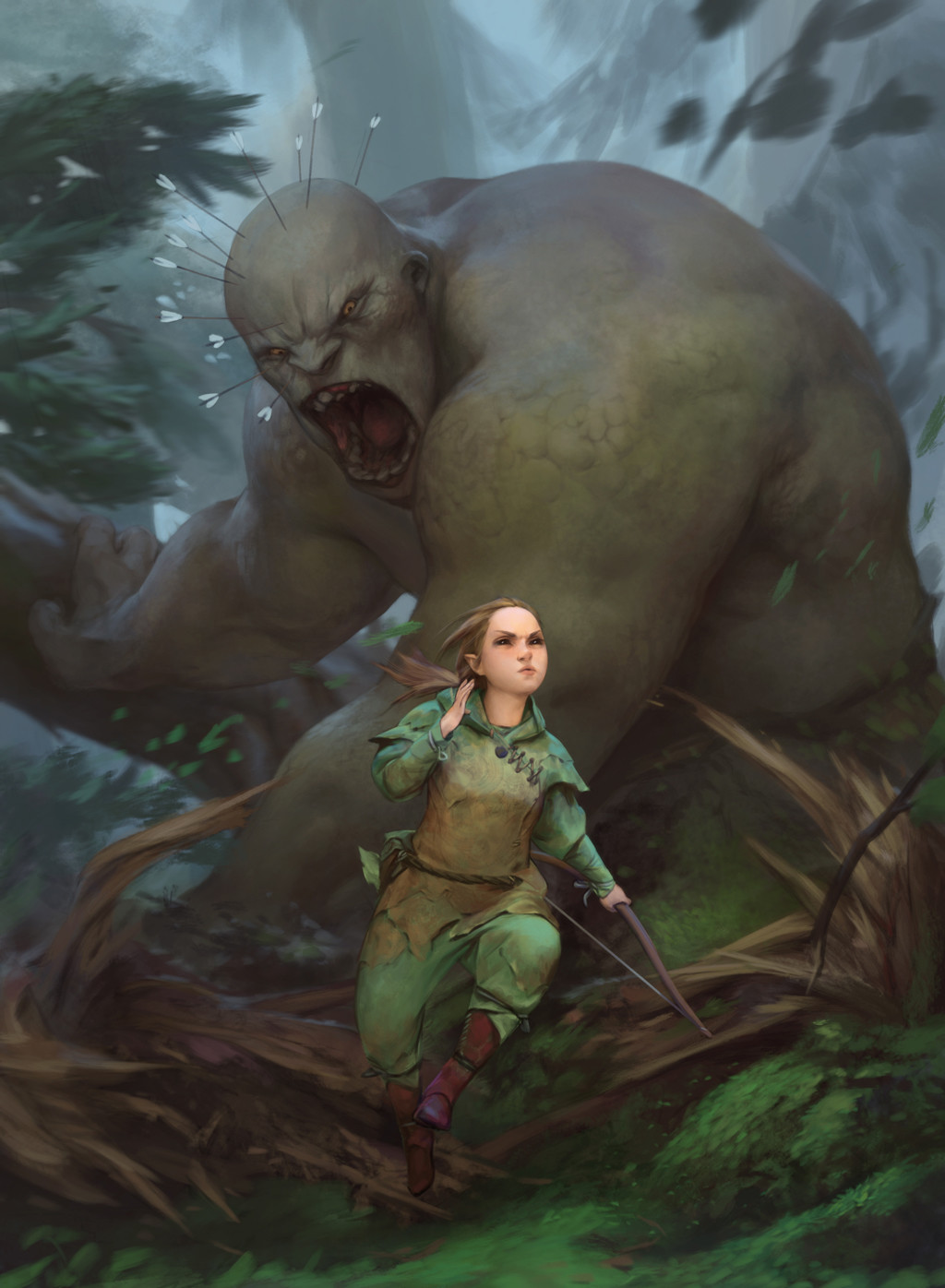


.
Daring Feats
At 7th level, you gain access to more complex tricks that require a higher amount of skill to pull off.
(2) Piercing Trick Once per attack when rolling your Weak Spot damage dice you can re roll any results of 1 and must use the new rolls, even if they roll a result of 1.
(3) Blinding Potion As an action you can throw a potion you have concocted at a point you can see within 30ft of you and shoot it or simply let it fall to the ground. All creatures within 10ft radius sphere centered on that point must succeed a dexterity saving throw or take 1d8 force damage + your Weak Spot damage and are blinded until the beginning of your next turn. On a successful save they take half damage.
(5) Lightning Trick You can cast the spell lightning arrow as a bonus action.
(6) Volley As an action, you can cast the spell conjure volley.
(7) Slashing Wind. As an action, you can cast the spell steel wind strike. When casting the spell in this way, instead of making melee spell attacks you make melee weapon attacks, and the spells damage replaces the damage for these weapon attacks.
(7) Show Stopper As an action or bonus action, you can throw an explosive potion you have concocted in the air and shoot it or simply let it fall to the ground. All creatures within 20ft radius sphere originating from you (including yourself) must succeed a Dexterity saving throw or take 5d8 bludgeoning, slashing, or piercing damage (your choice) + your Weak Spot damage and are blinded until the beginning of your next turn. Creatures take half damage on a successful save. You cannot be blinded by this trick.
(10) Adrenaline Rush. As a bonus action, you gain the effects of the spell haste for 1 minute.
Hat Trick
At 11th level, your reaction time and ability to capitalize on your speed improves. While you are not wearing heavy armor and you gain an adrenaline point from one of the events described in your 3rd level feature Adrenaline, you regain your reaction if you have expended it previously on the same round. You can do this a once each round, increasing to twice at 15th level, and three times at 20th level in this class.
Watch this!
Finally at 15th level, you can expend your reaction while performing the following tricks to increase their effects.
Trick Attack You can use this trick once more this turn.
Feint You can target one additional creature.
Ricochet. You do to not suffer disadvantage on the attack.
Show Stopper. You can teleport up to 30ft to a point you can see. As you vanish in the smoke of the blast and re appear some where else in a flurry of speed. You also avoid any damage caused by the explosion.
Adrenaline Rush. If you are below half your maximum hit points, you can roll your Weak Spot damage dice and gain an amount of temporary hit points equal to the amount rolled. This temporary HP lasts until the adrenaline rush fades.




Mage Hunter
If you would like to procure the dilapidated head of a Mage, hire a Mage Hunter. Mage Hunters specialize in debilitating and slaying spellcasters with the use of their own nulifying magic. They generally use their arcane powers to fuel their weapons and speed, allowing them to close the gap between themselves and their foe, making sure their prey cannot flee, by both physical and arcane means. To the gleeful benefit of many Mage Hunters wallets, their are even occurances where Warlocks and Wizards will hire Mage Hunters to protect themselves from other Mage Hunters.
Spellcasting
Starting at 3rd level, you have learned to cast spells, much as your prey do. See Spells Rules for the general rules of spellcasting and the Spells Listing for the Mage Hunter spell list.
Spell Slots The Mage Hunter table shows how many spell slots you have to cast your Mage Hunter spells of 1st level and higher. To cast one of these spells, you must expend a slot of the spell’s level or higher. You regain all expended spell slots when you finish a long rest.
For example, if you know the 1st-level spell animal absorb elements and have a 1st-level and a 2nd-level spell slot available, you can cast absorb elements using either slot.
Spells Known of 3rd Level and Higher You know three 1st-level spells of your choice from the Mage Hunter spell list.
The Spells Known column of the Mage Hunter table shows when you learn more Mage Hunter spells of your choice. Each of these spells must be of a level for which you have spell slots. For instance, when you reach 5th level in this class, you can learn one new spell of 1st or 2nd level.
Additionally, when you gain a level in this class, you can choose one of the Mage Hunter spells you know and replace it with another spell from the Mage Hunter spell list, which also must be of a level for which you have spell slots.
Spellcasting Ability Wisdom is your spellcasting ability for your mage hunter spells, since your magic draws on your attunement to the arcane. You use your Wisdom whenever a spell refers to your spellcasting ability. In addition, you use your Wisdom modifier when setting the saving throw DC for a mage hunter spell you cast and when making an attack roll with one.
Spell Save DC
Spell attack modifier
.
Mage Hunter Spellcasting
| Hunter Level | Spells Known | 1st | 2nd | 3rd | 4th |
|---|---|---|---|---|---|
| 3rd | 3 | 2 | — | — | — |
| 4th | 4 | 3 | — | — | — |
| 5th | 4 | 3 | — | — | — |
| 6th | 4 | 3 | — | — | — |
| 7th | 5 | 4 | 2 | — | — |
| 8th | 6 | 4 | 2 | — | — |
| 9th | 6 | 4 | 2 | — | — |
| 10th | 7 | 4 | 3 | — | — |
| 11th | 8 | 4 | 3 | — | — |
| 12th | 8 | 4 | 3 | — | — |
| 13th | 9 | 4 | 3 | 2 | — |
| 14th | 10 | 4 | 3 | 2 | — |
| 15th | 10 | 4 | 3 | 2 | — |
| 16th | 11 | 4 | 3 | 3 | — |
| 17th | 11 | 4 | 3 | 3 | — |
| 18th | 11 | 4 | 3 | 3 | — |
| 19th | 12 | 4 | 3 | 3 | 1 |
| 20th | 13 | 4 | 3 | 3 | 1 |
Attuned Armory
Additionally at 3rd level, you learn a ritual that creates a magical bond between yourself and one weapon. You perform the ritual over the course of 1 hour, which can be done during a short rest. The weapon must be within your reach throughout the ritual, at the conclusion of which you touch the weapon and forge the bond. Once you have bonded a weapon to yourself, you can't be disarmed of that weapon unless you are incapacitated. If it is on the same plane of existence, you can summon that weapon as a bonus action on your turn, causing it to teleport instantly to your hand.
You can have up to two bonded weapons, but can summon only one at a time with a bonus action or object interaction. If you attempt to bond with a third weapon, you must break the bond with one of the other two. Additionally you can use your Wisdom modifier for attack and damage rolls with the weapons, and whenever a hunter feature allows you to add your Wisdom modifier to an attack or damage roll, you can instead choose to add your Dexterity or Strength modifier (your choice).




Alternatively, In place of one of these weapons, you can attune yourself to a shield to protect both your body and mind, doing so allows you to add the shields AC to saving throws you make against spell effects. Lastly, choosing a thrown weapon with this feature allows you to instead choose up to 5 thrown weapons and count them as one weapon bond.
Arcane Momentum
At 7th level, your experience with fighting mages increases. You can now utilize both your magic and momentum to attack with greater efficiency.
- Whenever you hit an enemy with a weapon attack, for every 10ft you have moved directly before the attack in a straight line towards the enemy (this includes teleporting, falling, and flying), they suffer an additional 1d4 force damage, to a maximum of 10d4.
- Whenever you move 10ft without expending any of your movement, you can expend a spell slot to also teleport 10ft, before, during, or after moving in this way. This benefit cannot be applied to teleporting, and lasts for 1 minute per level of the spell slot used.
- Whenever you disable or remove an enemies attack option, you can instead choose to remove some of their spell slots. You can remove a number of spell slots equal to your proficiency bonus. When removing a spell slot, for each level it is higher than first, the number of spell slots you can remove is reduced by one.
- Once per turn when an enemy you can see within 30ft of you casts a spell, you can expend your reaction and a spell slot to teleport to a point within 5ft of them and/or make a weapon attack against them. If the attack hits they must make a Constitution saving throw against your spell save DC. On a failure they suffer disadvantage on any attack roll made as part of the spell, and creatures targeted with the spell have advantage on any saving throw against it. If you expend a spell slot of 3rd level or higher you do not need to expend your reaction.
You can use this feature a number of times equal to your Wisdom modifier every short rest.
Rend Magic
Beginning at 11th Level, you learn counterspell and dispel magic as Mage Hunter spells. They do not count against your number spells known. Whenever you cast these spells they require a spell slot of one level lower than the level they are being cast at.
Arcane Feedback
Finally, at 15th level, whenever you successfully counterspell an enemy or dispel one of their spells, they take an amount of force damage equal to your Weak Spot damage.
Also, whenever you remove spell slots form an enemy, you can store some of the energy you purged from them, allowing you to cast one 3rd level spell without expending a spell slot within the next minute. This extends to 4th and 5th level spells at 18th level. The 5th level spells you can cast with this feature include Swift Quiver, Steel Wind Strike, Far Step, and Conjure Volley. All of these spells count as Mage Hunter spells and do not count against your number of spells known.
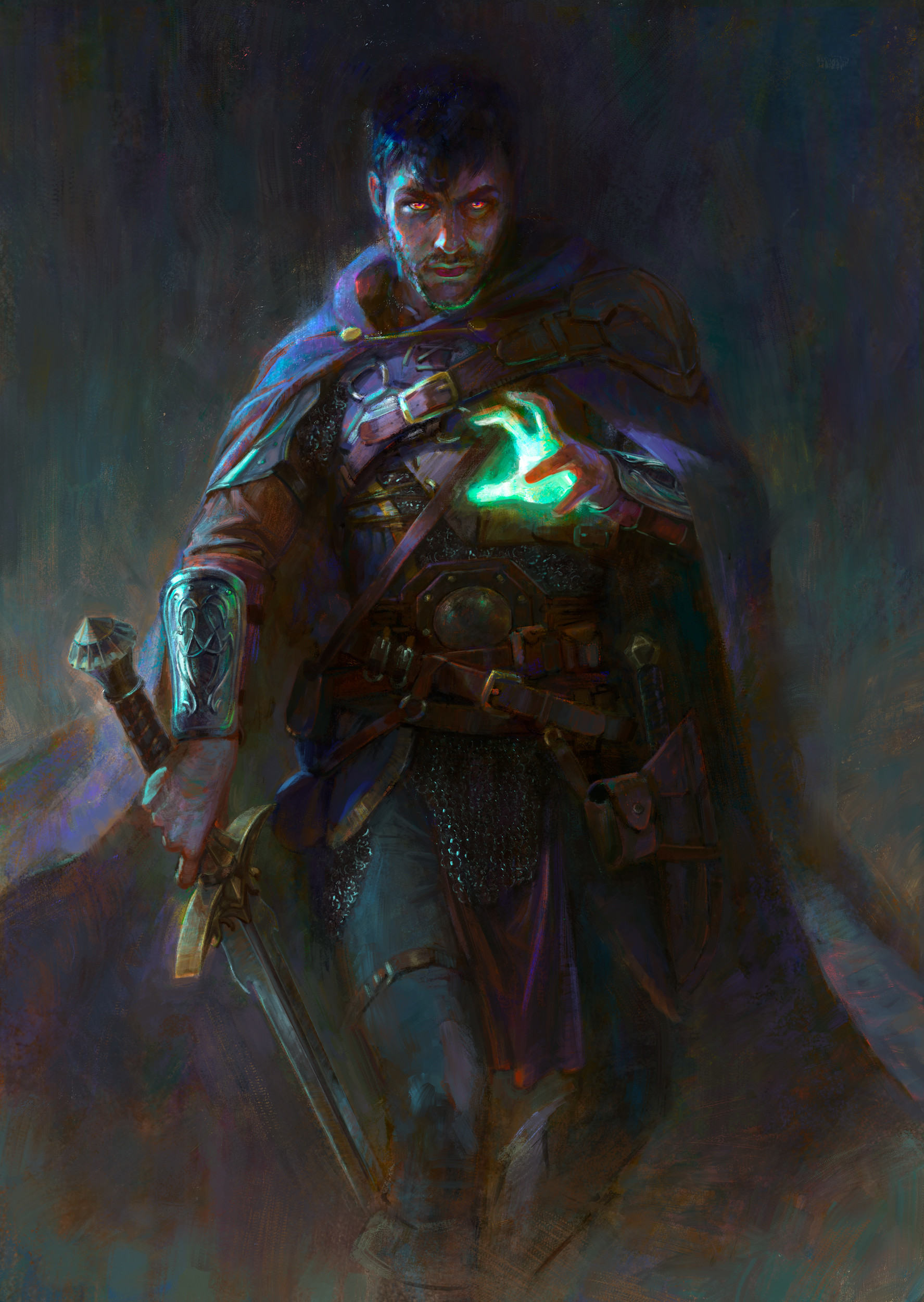


Purifier Spellcasting
| Hunter Level | Spells Known | 1st | 2nd | 3rd | 4th |
|---|---|---|---|---|---|
| 3rd | 3 | 2 | — | — | — |
| 4th | 4 | 3 | — | — | — |
| 5th | 4 | 3 | — | — | — |
| 6th | 4 | 3 | — | — | — |
| 7th | 5 | 4 | 2 | — | — |
| 8th | 6 | 4 | 2 | — | — |
| 9th | 6 | 4 | 2 | — | — |
| 10th | 7 | 4 | 3 | — | — |
| 11th | 8 | 4 | 3 | — | — |
| 12th | 8 | 4 | 3 | — | — |
| 13th | 9 | 4 | 3 | 2 | — |
| 14th | 10 | 4 | 3 | 2 | — |
| 15th | 10 | 4 | 3 | 2 | — |
| 16th | 11 | 4 | 3 | 3 | — |
| 17th | 11 | 4 | 3 | 3 | — |
| 18th | 11 | 4 | 3 | 3 | — |
| 19th | 12 | 4 | 3 | 3 | 1 |
| 20th | 13 | 4 | 3 | 3 | 1 |
Purifier
Hunters of heresy, witch craft, necromancy, and other practitioners of evil, purifiers commonly work for religious institutions as inquisitors, witch hunters, and vampire hunters. Armed with divine blessings and sanctified weaponry, they cast banishing and purifying incantations to purge evil and protect the weak and righteous. Purifiers are known to even hunt down blood hunters and their orders, and are stern and unforgiving towards those who use the dark arts instead of sacred boons to aid them during hunts.
.
Spellcasting
Starting at 3rd level, you have learned to cast holy spells. See Spells Rules for the general rules of spellcasting and the Spells Listing for the Purifier spell list.
Spell Slots The Purifier table shows how many spell slots you have to cast your Purifier spells of 1st level and higher. To cast one of these spells, you must expend a slot of the spell’s level or higher. You regain all expended spell slots when you finish a long rest.
For example, if you know the 1st-level spell animal absorb elements and have a 1st-level and a 2nd-level spell slot available, you can cast absorb elements using either slot.
Spells Known of 3rd Level and Higher You know three 1st-level spells of your choice from the Purifier spell list.
The Spells Known column of the Purifier table shows when you learn more Purifier spells of your choice. Each of these spells must be of a level for which you have spell slots. For instance, when you reach 5th level in this class, you can learn one new spell of 1st or 2nd level.
Additionally, when you gain a level in this class, you can choose one of the Purifier spells you know and replace it with another spell from the Mage Hunter spell list, which also must be of a level for which you have spell slots.
Spellcasting Ability Wisdom is your spellcasting ability for your Purifier spells, since your magic draws on your attunement to the arcane. You use your Wisdom whenever a spell refers to your spellcasting ability. In addition, you use your Wisdom modifier when setting the saving throw DC for a Purifier spell you cast and when making an attack roll with one.
Spell Save DC
Spell attack modifier
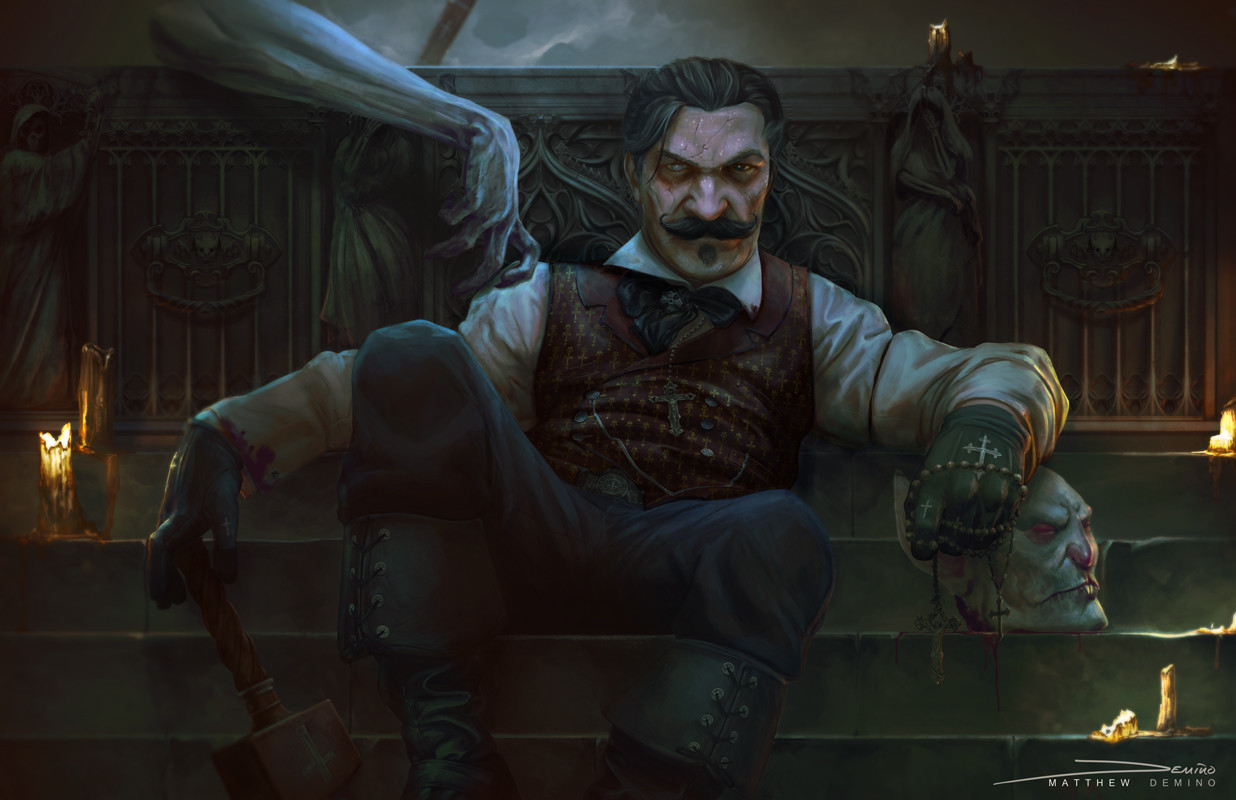



Purge the Wicked
In addition at 3rd level, your faith grants you many tools to help you hunt those who forsake it and engage in malicious endeavors.
- You gain proficiency with Religion checks, and can make a religion check instead of a survival or nature check when using your On the Hunt feature. You can double your proficiency bonus for any Religion check related to your favored enemies.
- You gain one additional favored enemy related to the foes of your god or religious order.
- Whenever you deal your Weak Spot damage, you can deal it as fire or radiant damage (your choice).
- Whenever you miss your prey with an attack, you can add your Wisdom modifier to the attack and damage rolls of the next attack you make against them within the next minute.
Protect the Pious
At 7th level, all allies within 30ft of you including yourself, can add your Wisdom modifier to any saving throw they make while they are at or below half their maximum hit points (rounded down).
Communion
Beginning at 11th Level, whenever an ally within 30ft of you hits one of your prey, you can expend your reaction to roll your Weak Spot dice and grant the ally an amount of temporary hit points equal to the result for 1 minute. If they follow the same god as you, this does not require a reaction.
You can do this a number of times equal to your Wisdom modifier every long rest.
Purify
Finally, at 15th level, you can take a sacred vow to purify a creature. Whenever you critically hit your prey, or disable one of its attack options, you can invoke the vow, lighting the target ablaze in purifying flame. At the beginning of their next turn, deal your Weak Spot damage against them as fire or radiant damage (your choice). You can continue doing this on their following turns, with the amount of Weak Spot dice being rolled reduced by 1 each time, as the flames slowly dissipate. While they are aflame, they suffer vulnerability to fire and radiant damage. If they had a resistance to fire or radiant damage they instead lose the resistance, and if they had immunity, they instead lose the immunity and gain resistance. The target can use an action to douse the flame.
You cannot do this again until the creature is dead, fulfilling the vow.



Ranger
Rangers are more in tune with their environment than other hunters, and once familiar with a place will bend and exploit their surroundings to their benefit. They commonly do this through stealth, out maneuvering their enemies, and then striking from advantageous positions. Bandits, adventurers, guides, and mercenaries, rangers are masters of adaptability.
Lay of the Land
At 3rd level, you are particularly familiar with one type of natural environment and are adept at traveling and surviving in such regions. Choose one type of favored terrain: arctic, coast, desert, forest, grassland, mountain, swamp, city, sea, or the Underdark. When you make an Intelligence or Wisdom check related to your favored terrain, your proficiency bonus is doubled if you are using a skill that you're proficient in.
While in your favored terrain, you gain the following benefits:
- You gain advantage on initiative checks and all attacks against creatures who have not yet taken their turn in combat.
- Difficult terrain doesn't slow your group's travel.
- Your group can't become lost except by magical means.
- Even when you are engaged in another activity while traveling (such as foraging, navigating, or tracking), you remain alert to danger.
- If you are traveling alone, you can move stealthily at a normal pace.
- While tracking other creatures, you also learn their exact number, their sizes, and how long ago they passed through the area.
After traveling for 8 or more hours within a terrain type that isn't your favored terrain, you can switch your favored terrain to the terrain type you are currently traveling in. You can only do this once per long rest.
Camouflage
Also starting at 3rd level, you can spend 1 hour creating camouflage for yourself. You must have access to fresh mud, dirt, Plants, soot, and other naturally occurring materials with which to create your camouflage.
Once you are camouflaged in this way, you can try to hide by ducking into foliage, or pressing yourself up against a solid surface, such as a tree that is at least as tall and wide as you are. You gain a +10 bonus to Dexterity (Stealth) checks as long as you remain still or at a slow crawl. Once you move more than 10ft on your turn, or take an action or a Reaction, you must camouflage yourself again to gain this benefit.
Adept Explorer
At 7th level, your experience with exploring increases, and you gain the following benefits while in your favored terrain:
- You can take the Hide action as a bonus action.
- You can't be tracked by nonmagical means, unless you choose to leave a trail.
- You can't be surprised.
- If you examine a creature or its tracks for 1 minute or longer you gain advantage with On the Hunt checks against them.
- You can re roll results you don't like once when rolling on the potions and oils tables.
- Your camouflage cannot be broken while you are more than 60ft away from enemies.
Hightened Senses
Beginning at 11th Level, you gain preternatural Senses that help you fight creatures you can't see. When you Attack a creature you can't see, your inability to see it doesn't impose disadvantage on your Attack rolls against it. You are also aware of the location of any Invisible creature within 30 feet of you, provided that the creature isn't hidden from you and you aren't Blinded or Deafened.
Additionally, you can nimbly dodge out of the way of certain area Effects, such as a red dragon's fiery breath or an Ice Storm spell. Whenever you are subjected to an effect that allows you to make a Dexterity saving throw to take only half damage, you instead take no damage if you succeed on the saving throw.
Fruits of the Land
Finally, at 15th level, you can roll on the rare potions and oils table when foraging for potions in your favored terrain. You can only have two potions or oils created by this feature at any given time.
Rare Potions and Oils
| d6 | Result |
|---|---|
| 1 | Potion of Mind Reading |
| 2 | Potion of Invisibility |
| 3 | Oil of Etherealness |
| 4 | Potion of Heroism |
| 5 | Potion of Speed |
| 6 | Potion of Superior Healing |
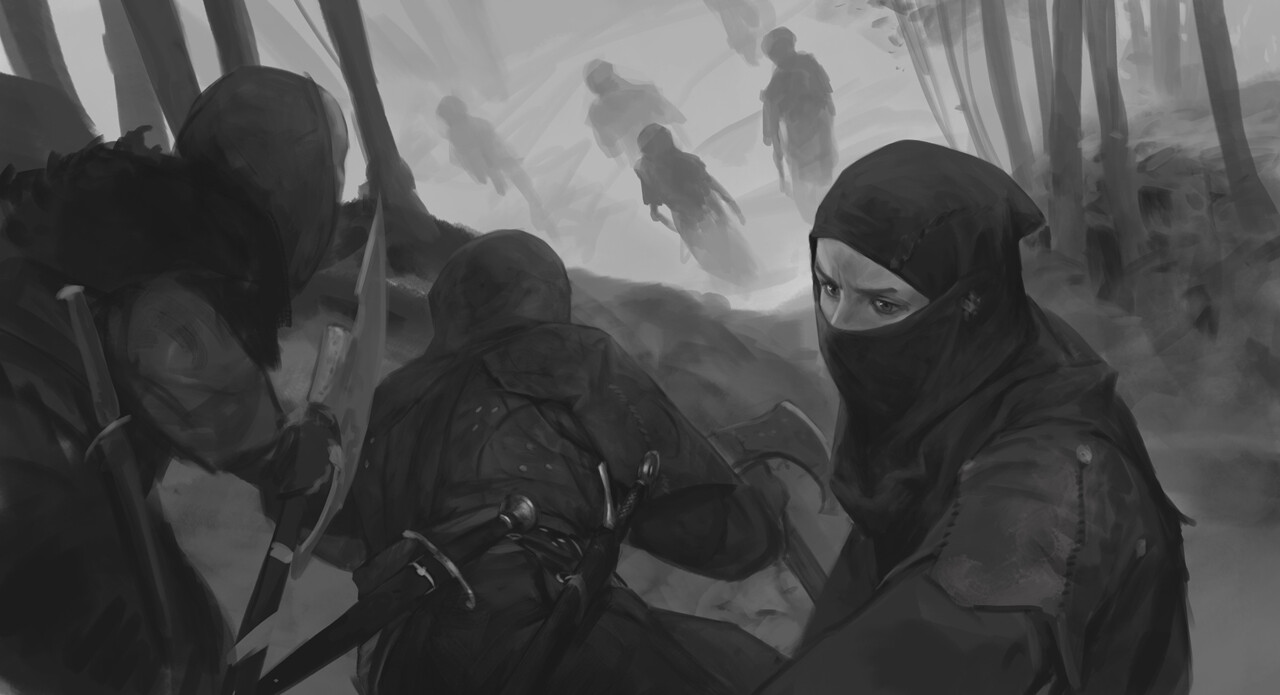




Slayer
Slayers take pride in slaying the largest of beasts. Some do it for coin, others for trophies. Slayers enjoy grappling and fighting their prey in close combat, and often believe hunters who use other methods are weak and cowardly.
Sharpened Claws
Beginning at 3rd level, you learn how to manipulate your hunting armory further, in new and deadly ways.
- Your unarmed strikes deal an additional 1d4 bludgeoning damage against your prey and count as weapon attacks. Further more, if you are not carrying a weapon or wearing a shield, you can attempt to grapple your prey or make an unarmed attack against them as a bonus action.
- While you are wielding a one handed melee weapon and no other weapons, you can increase your number of Weak Spot damage dice while using this weapon by 1. This increases to 2 at 10th level in this class. Finally, if you are also not wearing a shield, you can attempt to grapple your prey as a bonus action.
- While you are wielding a melee weapon with two hands that lacks the great weapon or pole arm tag, you can use it with greater control. If you are using your Strength modifier for attack and damage rolls with the weapon you can also add half your Dexterity modifier to the attack and damage rolls made with the weapon (rounded up) and vice versa.
- When making an attack with a Great Weapon or Polearm you can expend your bonus action to increase the attacks reach by 5ft. If the attack deals Weak Spot damage, you can re roll any results of 1 on your Weak Spot dice and must use the new result.
- While you are wielding two weapons, you gain +1 AC against melee attacks. Also, when making a melee weapon attack as bonus action or reaction with advantage, you do not need to half any Weakspot damage dealt to the target.
Toughened Hide
Also at 3rd level, when calculating your AC, you can replace your Dexterity modifier with your Strength modifier. Additionally, you can increase your maximum hit points by 3, and by 1 again each time you gain a level in this class.
Rush of the Hunt
At 7th level, you revel in the rush of the hunt. Once per round, when you deal your Weak Spot damage, you can choose to gain half of the amount of damage your Weak Spot damage dealt as temporary hit points for 1 minute. While you have these temporary hit points, you gain advantage on Strength based checks and saving throws, and your carrying capacity (including your maximum load and maximum lift) doubles.
You can use this feature a number of times equal to your Wisdom modifier every short rest.
Restrain and Slay
At 11th level, you deal 1 extra Weak Spot damage dice against creatures per condition they are currently afflicted with. For example you would deal 3 extra Weak Spot damage dice when dealing your Weak Spot damage against a creature who is blinded, prone, and grappled. For every condition you inflicted on the target you deal 2 additional Weak Spot damage dice instead of 1.
Stop Hitting Yourself
Finally, at 15th level, when you disable or remove a creatures attack option, you can expend you reaction to use it once against a creature within the attack options reach. You can only do this if you are within 5ft of the creature with the attack option, and the attack option must be a touch or weapon attack.
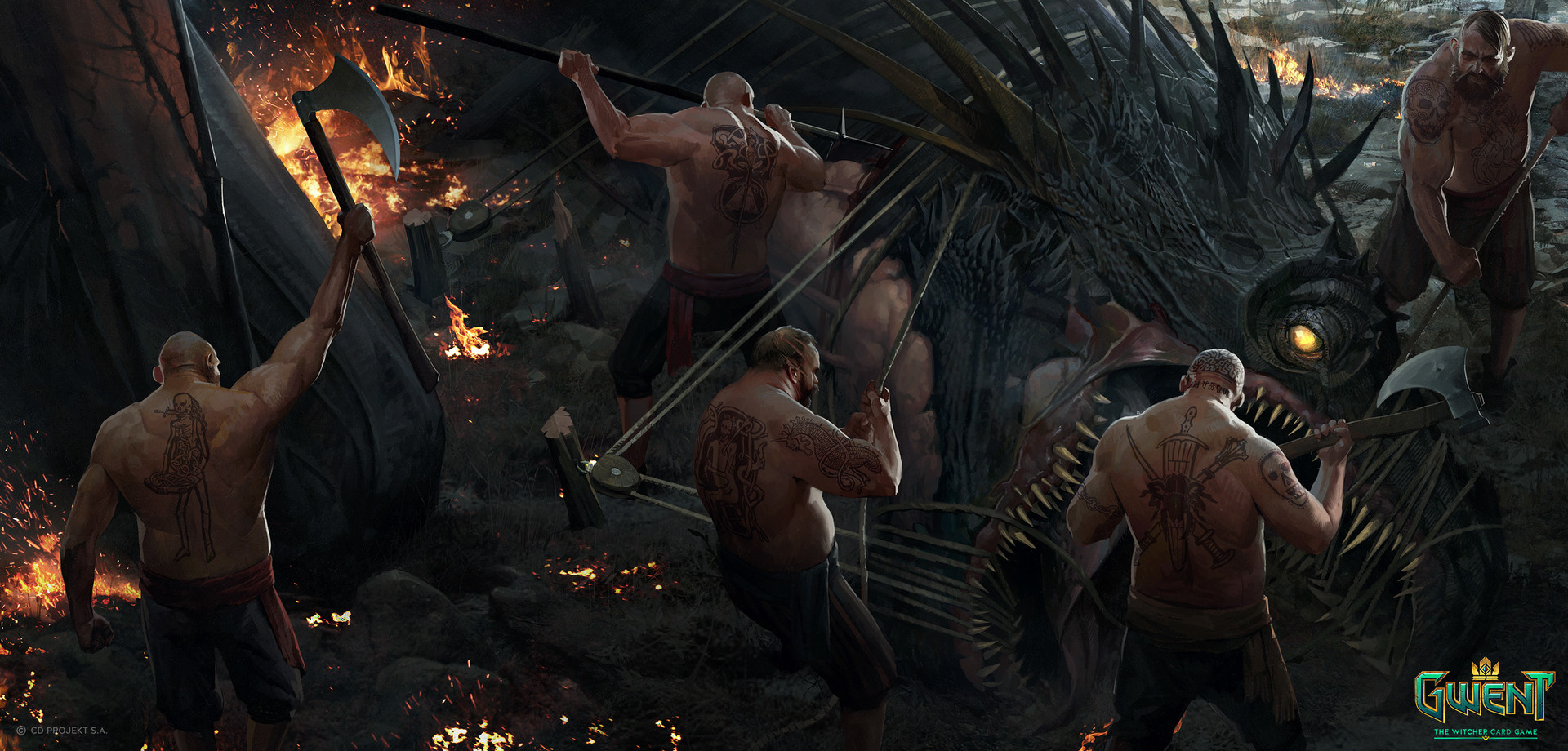



Trapper
Methodical planners and masters of ambush, trappers take pleasure in taking their time with trapping, and slaying their prey. Trappers see other sort of hunters as brash and dull, and take great pride when a successful hunt has come to a close without receiving a single scratch on their own hide. Trappers who work for coin are sought after as often for disarming traps as laying them, however if given a the choice a trapper will always accept the later.
Improved Traps
At 3rd level, you learn how to make traps earlier than other hunters. You gain the 9th level hunter feature "Traps" at this level. And at 9th level in this class, you instead gain advantage on any checks to create, find, and disarm traps.
Additionally, you require half the amount of time and resources usually required to make traps, and all of your traps deal your Weak Spot damage on top of any other damage they usually do.
Finally, you gain expertise with thieves tools, and if a trap is small and light enough, you can carry it (assuming it isn't currently primed it to be triggered).
Useful Trophies
At 7th level, you can retrieve useful implements from slain prey. Once you have killed a creature, you can collect one of its attack options as an action. Once collected you can incorporate this attack into a trap you craft. When this trap is triggered it simultaneously attacks the creature that triggered it with this attack option.
Also at this level, your carrying capacity (including your maximum load and maximum lift) doubles, allowing you to carry more traps and trophies.
Frightful Ambusher
At 11th level, you gain advantage on initiative checks if one or more of your prey has set off one of your traps within the last minute.
In addition, once per round, whenever an enemy triggers one of your traps, you can expend your reaction to make one weapon attack against them. If this attack hits, you regain the expended reaction.
Master Trapper
Finally, at 15th level, you gain advantage on attack rolls against creatures who are caught by your traps or were damaged by one of your traps within the same round.
Also, you gain advantage on all checks and saving throws to avoid and escape traps.
Trap prey, not the game session.
Making traps is a creative process, and setting an ambush requires planning. It is important to make sure that making these traps and planning these ambushes does not slow the game down to a crawl. Think of trap ideas outside of the game session, and ask your DM about them outside of the game. Always try to get other players involved in making traps and ambush's with you when possible.
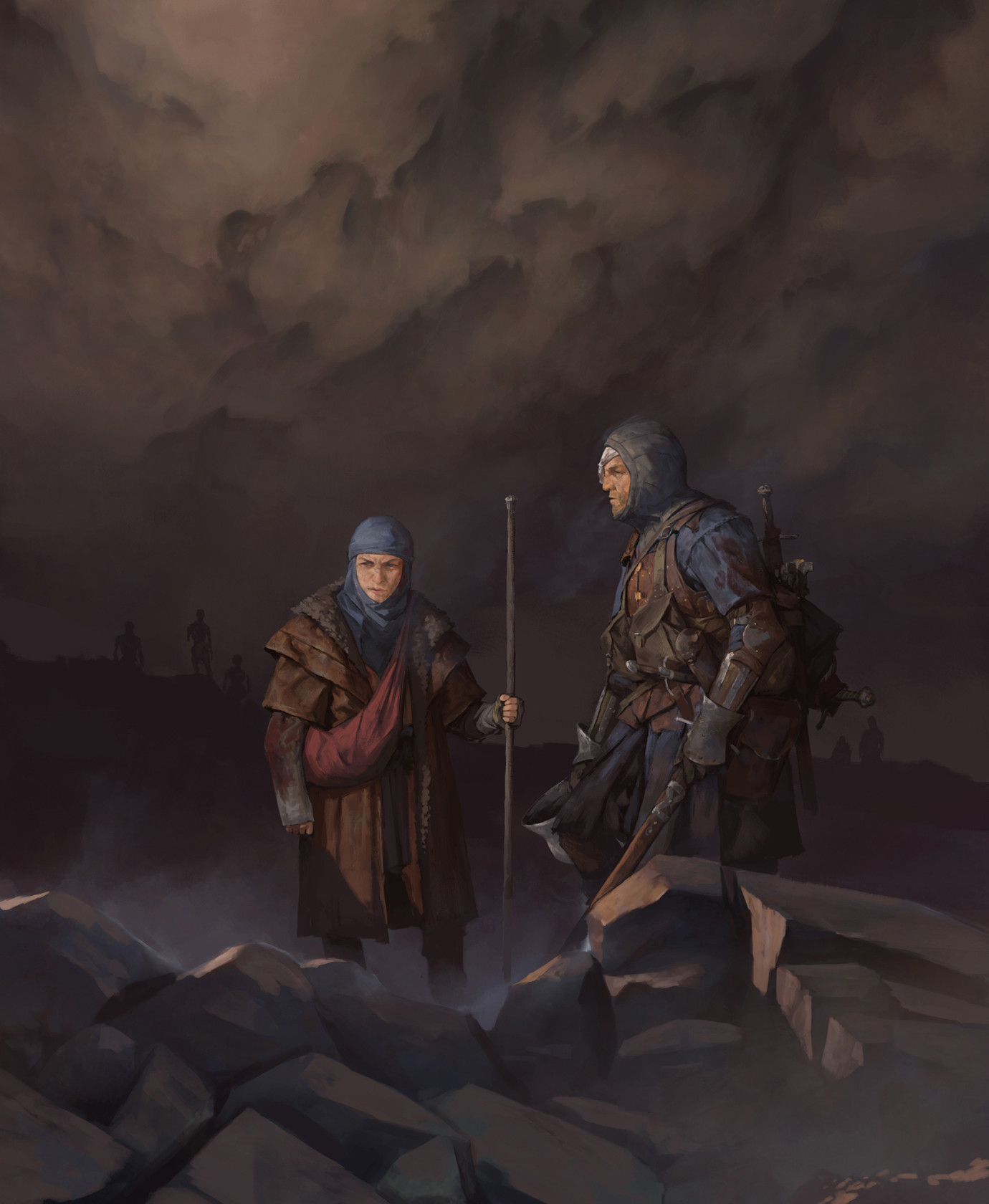


Warden
Wardens are staunch defenders who use land based magic and hardened bulwarks to protect their interests with a watchful eye. Slow and methodical, wardens pick at their prey and trespassers with caution and restraint. This allows them to dodge and parry blows that other hunters may recklessly throw themselves into, and ensures they have a long and unwavering watch.
Spellcasting
Starting at 3rd level, you have learned to cast spells, much as those you hunt do. See Spells Rules for the general rules of spellcasting and the Spells Listing for the ranger spell list.
Spell Slots The Warden table shows how many spell slots you have to cast your warden spells of 1st level and higher. To cast one of these spells, you must expend a slot of the spell’s level or higher. You regain all expended spell slots when you finish a long rest.
For example, if you know the 1st-level spell animal friendship and have a 1st-level and a 2nd-level spell slot available, you can cast animal friendship using either slot.
Spells Known of 3rd Level and Higher You know three 1st-level spells of your choice from the ranger spell list.
The Spells Known column of the warden table shows when you learn more warden spells of your choice. Each of these spells must be of a level for which you have spell slots. For instance, when you reach 5th level in this class, you can learn one new spell of 1st or 2nd level.
Additionally, when you gain a level in this class, you can choose one of the warden spells you know and replace it with another spell from the warden spell list, which also must be of a level for which you have spell slots.
Spellcasting Ability Wisdom is your spellcasting ability for your warden spells, since your magic draws on your attunement to nature. You use your Wisdom whenever a spell refers to your spellcasting ability. In addition, you use your Wisdom modifier when setting the saving throw DC for a warden spell you cast and when making an attack roll with one.
Spell Save DC
Spell attack modifier
.
Warden Spellcasting
| Hunter Level | Spells Known | 1st | 2nd | 3rd | 4th |
|---|---|---|---|---|---|
| 3rd | 3 | 2 | — | — | — |
| 4th | 4 | 3 | — | — | — |
| 5th | 4 | 3 | — | — | — |
| 6th | 4 | 3 | — | — | — |
| 7th | 5 | 4 | 2 | — | — |
| 8th | 6 | 4 | 2 | — | — |
| 9th | 6 | 4 | 2 | — | — |
| 10th | 7 | 4 | 3 | — | — |
| 11th | 8 | 4 | 3 | — | — |
| 12th | 8 | 4 | 3 | — | — |
| 13th | 9 | 4 | 3 | 2 | — |
| 14th | 10 | 4 | 3 | 2 | — |
| 15th | 10 | 4 | 3 | 2 | — |
| 16th | 11 | 4 | 3 | 3 | — |
| 17th | 11 | 4 | 3 | 3 | — |
| 18th | 11 | 4 | 3 | 3 | — |
| 19th | 12 | 4 | 3 | 3 | 1 |
| 20th | 13 | 4 | 3 | 3 | 1 |
Vigilent Sentinal
Also at 3rd level, you learn a ritual that creates a magical bond between yourself and one weapon. You perform the ritual over the course of 1 hour, which can be done during a short rest. The weapon must be within your reach throughout the ritual, at the conclusion of which you touch the weapon and forge the bond. Once you have bonded a weapon to yourself, you can't be disarmed of that weapon unless you are incapacitated. If it is on the same plane of existence, you can summon that weapon as a bonus action on your turn, causing it to teleport instantly to your hand.
You can have up to two bonded weapons, but can summon only one at a time with your bonus action or object interaction. If you attempt to bond with a third weapon, you must break the bond with one of the other two. Additionally you can add half your Wisdom modifier (rounded down) to the attack and damage rolls with these weapons.
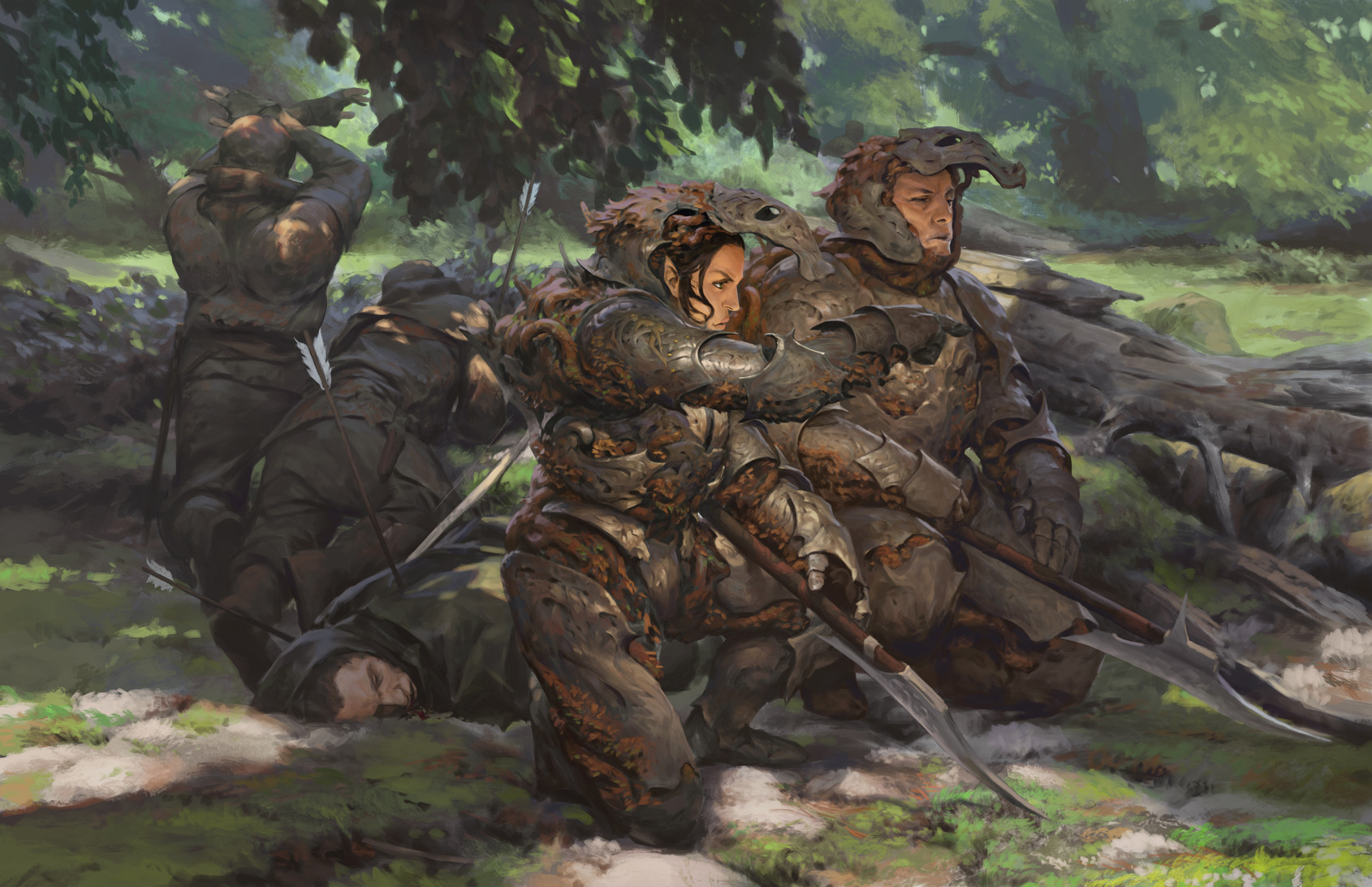




.
Alternatively, In place of one of these weapons, you can attune yourself to armor, doing so grants you proficiency in whatever armor you attune to, and allows you to summon it in the same way as your weapons. Lastly, choosing a thrown weapon with this feature allows you to instead choose up to 5 thrown weapons and count them as one weapon bond.
Roots Runneth Deep
At 7th level, your experience with fighting mages increases. You can now utilize both your magic and momentum to attack with greater efficiency.
- If you choose to not expend any of your movement on your turn, you can take the dodge action as a bonus action this turn as you brace yourself against oncoming attacks. Whenever you take the dodge action, you also gain advantage on Constitution, and Strength based saving throws while you are dodging.
- If you choose to not expend any of your movement on your turn, you can grant yourself advantage on a spell attack you make against a prone creature, or grant a prone creature disadvantage on a saving throw against a spell you cast on the same turn.
- Whenever you disable or remove an enemies attack option, you can also choose to reduce their movement speed to 0 until the end of your next turn.
- At the end of your turn, if you have not expended any of your movement, you can roll your Weak Spot dice and gain the result as temporary hit points until the end of your next turn. You can expend one spell slot to increase this duration to 1 minute per level of the spell slot used.
You can use this feature a number of times equal to your Wisdom modifier every short rest.
Crawling Bulwark
Beginning at 11th level, if you do not expended any movement on your turn, allies within 10ft of you gain half cover against ranged attacks, and enemies within 10ft have their movement speed reduced by 10ft. Additionally, prey who take your Weak spot damage must succeed a Strength saving throw against your spell save DC or are knocked prone. They gain advantage on this save if they are large or larger.
Withstand and Repel
Finally, at 15th level, you have learned how to consolidate more layers of defenses. Whenever you receive temporary hit points while you already have temporary hit points, you can choose to add these temporary hit points you receive to your current temporary hit points. Doing so however weighs you down, and each time you do this, your movement speed is reduced 5ft until your temporary hit points are lost.
As an action, you can reduce your temporary hit points to 0, causing them to strike out from you as roots, thorns, or another form you choose. Enemies within 20ft of you must succeed a Dexterity saving throw against your spell save DC or take an amount of damage equal to half of the temporary hit points you expended and are pushed back 15ft and knocked prone. This is dealt as piercing, bludgeoning, slashing, cold, fire, radiant, or necrotic damage (your choice) and is treated as magical for the purposes of overcoming resistances. They take half damage on a successful save.



Mage Hunter Spell List
1st Level
- Absorb Elements
- Alarm (Ritual)
- Beast Bond
- Cure Wounds
- Detect Magic (Ritual)
- Ensnaring Strike
- Fog Cloud
- Hail of Thorns
- Hunter’s Mark
- Jump
- Longstrider
- Snare
- Zephyr Strike
2nd Level
- Cordon of Arrows
- Darkvision
- Darkness
- Find Traps
- Hold Person
- Invisibility
- Mind Spike
- Mirror Image
- Misty Step
- Lesser Restoration
- Locate Object
- Pass Without Trace
- Protection from Poison
- See Invisibility
- Silence (Ritual)
- Shadow Blade
- Spider Climb
3rd Level
- Blink
- Conjure Barrage
- Flame Arrows
- Glyph of Warding
- Hypnotic Pattern
- Lightning Arrow
- Nondetection
- Protection from Energy
- Sending
- Wind Wall
- Thunder Step
4th Level
- Banishment
- Confusion
- Dimension Door
- Freedom of Movement
- Greater Invisibility
- Locate Creature
- Stoneskin
- Shadow of Moil
Purifier Spell List
1st Level
- Absorb Elements
- Alarm (Ritual)
- Cure Wounds
- Detect Evil and good
- Detect Magic (Ritual)
- Detect Poison and Disease (Ritual)
- Ensnaring Strike
- Heroism
- Hunter’s Mark
- Jump
- Longstrider
- Snare
- Sheild of Faith
- Zephyr Strike
2nd Level
- Aid
- Animal Messenger (Ritual)
- Beast Sense (Ritual)
- Cordon of Arrows
- Darkvision
- Enhance Ability
- Hold Person
- Lesser Restoration
- Locate Animals or Plants
- Locate Object
- Pass Without Trace
- Protection from Poison
- Silence (Ritual)
- Spiritual Weapon
- Zone of Truth
3rd Level
- Beacon of Hope
- Blindness/Deafness
- Conjure Barrage
- Daylight
- Dispel magic
- Fear
- Glyph of Warding
- Magic Circle
- Flame Arrows
- Lightning Arrow
- Protection from Energy
- Slow
- Speak with Dead
- Water Breathing (Ritual)
- Water Walk (Ritual)
4th Level
- Banishment
- Divination
- Freedom of Movement
- Fire Shield
- Guardian of Faith
- Locate Creature
Warden Spell List
1st Level
- Absorb Elements
- Alarm (Ritual)
- Animal Friendship
- Armor of Agathys
- Beast Bond
- Cure Wounds
- Detect Magic (Ritual)
- Detect Poison and Disease (Ritual)
- Ensnaring Strike
- Heroism
- Goodberry
- Hail of Thorns
- Hunter’s Mark
- Jump
- Longstrider
- Snare
- Speak with Animals
- Zephyr Strike
2nd Level
- Animal Messenger (Ritual)
- Barkskin
- Beast Sense (Ritual)
- Cordon of Arrows
- Darkvision
- Enhance Ability
- Healing Spirit
- Hold Person
- Lesser Restoration
- Locate Animals or Plants
- Locate Object
- Pass Without Trace
- Protection from Poison
- Silence (Ritual)
- Spike Growth
3rd Level
- Conjure Animals
- Conjure Barrage
- Daylight
- Flame Arrows
- Glyph of Warding
- Lightning Arrow
- Plant Growth
- Protection from Energy
- Speak with Plants
- Water Breathing (Ritual)
- Water Walk (Ritual)
- Wind Wall
4th Level
- Conjure Woodland Beings
- Freedom of Movement
- Fire Shield
- Grasping Vine
- Guardian of Nature
- Locate Creature
- Stoneskin